|
No need to go without a good read! Buy these on Amazon! The Trouble With The Tests Tucked away on page four of the Monday 7/26/2020 edition of the New York Times was an enlightening and rather - make that extremely - disconcerting article on the unreliability of the coronavirus tests used in this country. "Your Coronavirus Antibodies Are Disappearing. Should You Care?" by Apoorva Mandavilli tells the very interesting story of how antibodies actually work and why the prevalent antibody tests are so bad at detecting them. According to Ms. Mandavillli, an investigative medical science journalist, ...the first invasion of a pathogen surprises the body, resulting in a mild or severe illness. A mild illness may trigger production of only a few antibodies, while a severe illness will result in a greater immune response, which means many more antibodies will be produced for the fight. After the battle with the pathogen is over, the number of antibodies drops off. However, cells in the bone marrow will continue to pump out a small quantity of "specialized assassins," as Ms. Mandavilli refers to the antibodies, lying in wait for their "specific targets." Should the antibodies detect another incursion by their target pathogen, ...the cells in the bone marrow will immediately begin mass-producing antibodies against that pathogen by the billions. According to Dr. Michael Mina, a Harvard University immunologist, "The virus will never even have a chance the second time around." "One of the miracles of the human body," observes Mandavilli. And though the coronavirus started out as a stranger to scientists, which is why the narrative on immunity seems to be constantly shifting, as it is studied more it's becoming "increasingly clear that this virus behaves much like any other." Furthermore, in the very unlikely event that a person who had COVID19 didn't develop antibodies, they would still have cellular immunity, which involves "T cells that learn to identify and destroy the virus." According to several recent studies, "Virtually everyone infected with the coronavirus seems to develop T-cell responses." Now, to the problem - make that problems - with the coronavirus antibody tests. First of all, most of the commercial coronavirus antibody tests being used in the United States are not finely calibrated enough to pick up the low levels of antibodies present after one has recovered from the virus. Therefore these tests are notorious for giving false negatives. They are also, for some reason, notorious for giving false positives. Furthermore - and even worse - some of the most widely used tests, including those produced by Abbott and Roche Labs and used by Quest Labs and Labcorp, "are designed to detect a subtype of antibodies that doesn’t confer immunity and may wane even faster than the kind that can destroy the virus." It turns out that there are various kinds of antibodies, and only the antibodies that recognize the spike protein part of the coronavirus can destroy the virus and prevent infection. The Abbot and Roche tests and other tests that were approved by the Food and Drug Administration and are widely available look for antibodies to a protein in the coronavirus's genetic material. Testing for these non-immunity-producing antibodies produces a "swifter, brighter signal" than testing for the immunity-producing antibodies. Apparently, "manufacturers are not required to prove that the antibodies their tests seek are those that actually confer protection against the virus. Officials at the Food and Drug Administration did not respond to requests for comment on whether the two tests target the appropriate antibodies." "God, that's crazy," said Angela Rasmussen, a virologist at Columbia University, upon learning that the tests being widely used were not designed to pick up the presence of the important antibody. Crazy, indeed, like so much else about our national response to this epidemic. Reference:
https://www.nytimes.com/2020/07/26/health/coronvirus-antibody-tests.html?action=click&module=Well&pgtype=Homepage§ion=Health
0 Comments
This morning I woke up at 6:59 a.m. I reached for the clock radio on the nightstand to switch on the seven o'clock news. The news is seldom good these days but this morning it was especially ghastly:
- The riots have spread to Seattle, Los Angeles, Louisville, New York, and other cities around the country. And Portland, Oregon, where my sister lives, is a burning war zone. - The COVID19 epidemic continues to spike nationwide. - Many restaurants, bars, and entertainment venues are on the brink of permanently shuttering due to fallout from the epidemic. - Hurricanes have crashed into the coast of Texas and and threatened the Hawaiian Islands. The hurricane season has arrived months early. - Larry Householder, the Republican Speaker of the House of the Ohio State Legislature accepted $60 million in bribes from an Ohio coal and nuclear energy company to push through a law that calls for the de-funding of green and solar energy sources and the funneling of $150 billion in taxpayer funds to subsidize the energy company. The law was passed and the Speaker used his bribe money to line his own pockets and buy Republican seats in the Ohio Legislature. I switched off the news and lay in bed feeling funky a little panicked. The words from the song "Lovely London Skies" from the movie "Mary Poppins Returns" popped into my head: Hold on tight to those you love And maybe soon from up above You'll be blessed so keep on looking high But then, isn't the biggest fear we all share during this epidemic that we might lose those we love? And the paradox that holding those we love may put them in danger of being taken away from us by the virus? Not to mention the fear that we ourselves might be taken away? And how many millions of Americans who've lost their jobs or businesses are struggling to hold on without enough money to keep food on the table and a roof over their family's head? The paradox here being that those above the rest of us, those who we elected to run the affairs of our country for the well-being of us all, those who have the power to bless those Americans in need with the financial sustenance and united fortitude to survive this scourge have no plan and can't even agree on how to put one together. No sensible plan to fight the virus, no sensible plan to help the country survive it. And so it's every state, city, man and woman struggling for themselves. I suddenly felt an intense overwhelming need to jump out of bed and do something. Do something for my country. Do something for my fellow Americans. Do something for those I love and whose welfare I fear for. But what could I do at that moment? I had to remind myself that the only way to keep on looking high was to keep on looking ahead to 99 days from now when our country will have the opportunity to be blessed with new leadership, if we so choose. And so I shook off the funk and fear as well as I could and said my daily morning prayer, the words of an old Carole King song: You've got to get up every morning with a smile on your face And show the world all the love in your heart. And people gonna treat you better, You're gonna find out, yes you will, That you're beautiful as you feel. Some days heeding those words is about the best you can do. LAST CHANCE TO GET IT FOR 99 CENTS! Today, July 23, get "Equal and Opposite Reactions" by Patti Liszkay for 99 cents on Kindle. http://amzn.to/2xvcgRa The Things I Want To Remember From A Messy Magical Month The month during which our standard-issue house in the standard-issue suburb of Gahanna, Ohio was transformed into the Magic Messy Kingdom came to an end on July 9 when my daughter, son-in-law and grandchildren returned home to Los Angeles (See yesterday's post, "Life in the Magic Messy Kingdom" and the post from 7/16/2020, "A Month in the Magic Messy Kingdom"). In the days after they left I kept finding little left-behind reminders around the house, ...and in the yard. And now that the box of left-behind things has been packed and sent, the house straightened up and life around here returned to the quiet abnormal normal of our socially distanced life under the COVID epidemic, there are a few particular memories that I want to bookmark, the things I always want to remember from that messy, magical month: 1. The Dirt Pile Last summer Tom re-did our brick patio, one of the by-products of which project was a multiple-mounded pile of dirt left sitting in our backyard, its removal having been relegated to the someday-to-do list. When we learned that Maria and Justin and the girls would be coming I voiced my wish that the backyard be cleared of the dirt pile before they arrived. But, to my disappointment, that did not happen and the dirt pile was still there when they arrived. As it turned out, that pile of dirt was love at first sight with my grand daughters. The dirt pile ended up being their favorite place to be and they probably spent more time playing in the dirt than anywhere else in- or outside of the house. They and their clothes spent much time in a very dirty but happy state. 2. The time the bags of mulch were transformed into a magic carpet. One time I looked out the back door and saw that the girls had managed to climb on top of the mulch bags, and were sitting, one with her arms wrapped around the other's waist, singing "A Whole New World" from "Aladdin." 3. The Rubber Band Jewelry Store One morning during the family bike ride my grand daughters caught sight of a little stand set up by several neighborhood children from which the children were seeking to sell pieces of rubber band jewelry to passers by. So enamoured of the little sidewalk craft shop were my grand daughters that I Amazon Primed a rubber band jewlery-making kit for them and by the following day they were in the rubber band jewelry business themselves. They set up their workshop in the basement, ...and they posted a sign at the top of the basement steps advising as much. When they had produced sufficient inventory they opened up shop on a tray table in the kitchen. They advertised all around the house, Their ad campaign ultimately was a success. They sold all of their stock. To Grammie and Grandpa. 4. The Birthday Party As we had two birthdays in June, Tom's and our younger grand daughter's, we decided to have a joint birthday party on June 14, a cookout to which we invited Tommy and Emily, and for which occasion we set up the canopy that I used to use at summer arts events where I sold my books and photos, ... back in the old pre-epidemic days when there were outdoor summer arts events. So I was glad it was getting some use now. In preparation for the party the girls helped make an ice cream cake. At the appointed time Tommy and Emily arrived and while the burgers and brats were grilling the youngsters played a game of mask-on soccer. When the food was ready, ...we ate. Then we had birthday cake and apple pie. For safety's sake the birthday girl was required to blow out her candle on her own piece, ...which she was happy enough to do. After dinner some of us chatted and some of us played in the dirt, ...until Tommy and Emily pulled out their guitars for a little concert/sing-along. ...which we all enjoyed. 5. The Outdoor Dinner Concerts So much did we all enjoy the birthday party that for the next few weekends we got together with Tommy and Emily for dinner concerts in our back yard, ...or theirs. One evening while we were sitting around in our back yard after the dinner and the singing, the air was so balmy and the mood so mellow and the ambiance so pastoral, ...that for a moment I had the imaginary but pleasant impression of an evening in the French country side. Très agréable. 6. Dinners Dinner was an old-school event each night, all of us eating together, ...with lots of food, ...often topped off with pie. 7. Sunday Morning Breakfasts With Piggy Pancakes Sunday was pancake breakfast day. However I had found some molds to make pig-shaped pancakes, which the girls were quite excited to try out. So we gave them a try. The piggy pancakes, as they came to be known, were most excellent, a bit crispy on the outside and fluffy on the inside. However we all agreed that rather than syrup, these little piggies demanded a topping of butter and powdered sugar. 8. The Anniversary Celebration. On July 7 Maria and Justin celebrated their 13th wedding anniversary Their day started off with a "crabby" surprise for breakfast, ...then some hand-made cards from the girls and a gift, ...wind chimes made by the girls from some old keys Grandpa Tom dug up for the project. It would have been nice if Maria and Justin could have taken a little trip or even had a night out to celebrate, but caution ruled, and their anniversary dinner took place at home with the family, which was where they professed to be happy to have it, ...their children being, after all, the greatest celebration of their life together. And then two days later the magical messy month was suddenly over and we were all saying good-bye, ...and wondering when we'd ever be together again.
Get Ready! Get Set! Get it for 99 cents! Today, July 23, get "Equal and Opposite Reactions" by Patti Liszkay for 99 cents on Kindle. http://amzn.to/2xvcgRa ...Continued from yesterday: Soon after my daughter and her family arrived from Los Angeles to spend a month sheltering in place with us here in Gahanna, a suburb of Columbus, Ohio (See yesterday's post, "A Month in the Magic Messy Kingdom"), my daughter and son-in-law set up their office at our dining room table. Tom and I looked after our grand daughters while their parents worked, though visits to the office were allowed, ...and work was occasionally moved off-site. Our days soon settled into more or less of a routine, some days more, some days less. Since Los Angeles is three time zones behind Columbus, my daughter and son-in-law's workday generally didn't formally start until 10 or 11 a.m., which usually left them some time in the morning for some family fun. After breakfast they often went on a long bike ride around the neighborhood, or sometimes on an outing to a local park. Twice they drove out to Alum Creek Beach early on a week day morning when there were few other beach-goers. One Saturday morning Tom and I took the girls to downtown Gahanna, ...which on this day we found alarmingly crowded and unmasked. However we donned our masks and stayed far from the crowds and walked to Creekside Park, ...to play in the creek. Once the girls and Aunt Theresa and I we went for walk around the neighborhood, ...where the girls were particularly enamored of the fuzzy pink flowers on a tree and wanted to stop to take some pictures of the tree to text to their mom. Everything was a wonder. And so the mornings were generally for fun and playing until lunchtime. One day the girls were craving pizza for lunch, and so we made my now-famous canned-crust pizza. (See post from 8/3/2017 for the recipe). After lunch it was time for an hour of two of summer academics, ...which they often preferred to do outside on the front porch, ...or in the back yard. ...or sometimes on the swing. The day typically included an arts and crafts session. Here they were making some book marks. And I gave them their piano lesson. They often helped with the cooking and baking. But there was still always plenty of time to play, ...until dinner, at which time every day the workers would temporarily relocate their business headquarters so we could eat dinner in the dining room. The day was often book-ended for my daughter, son-in-law, and the girls with another family bike ride around the block before bedtime.
I suppose the days were nothing special. But they were special just the same. Read Daniel Oliver's Review of "Hail Mary" in Late Last Night Books latelastnightbooks.com/2019/09/30/hail-mary-by-patti-liszkay/ A Month In The Magic Messy Kingdom Last month through the cloud of the COVID-19 epidemic there shown for Tom and I a silver lining when our daughter and son-in-law arrived from Los Angeles with our two grand daughters to spend four weeks quarantining with us here in Ohio. For some time my daughter and I had been ping-ponging the idea of her family taking a break from sheltering at home to spend some of the summer sheltering with us. But the idea remained mostly an unformed daydream that neither of us really believed would come true until the beginning of June when my daughter informed me that they'd decided to make it happen. And so they packed up the necessities and in the wee hours of Tuesday, June 9, began their cross-country drive - flying being out of the question during the epidemic - and three days later arrived in Columbus in the wee hours of Friday, June 12. And by the following day our quiet old ordinary suburban house and yard had been transformed into a magic kingdom, ...with a seemingly endless variety of diversions, ...where every day was Anything Can Happen Day, ...and where one never knew what one would discover in a closet or drawer, ...or clothes hamper, ...or upon entering a room. They were days of wonder, ...joy, ...and sometimes wondrous mess. To be continued...
What Amazon readers are saying about "Hail Mary": "A must-read" "Engaging and funny" "A super engaging and interesting story with characters that you can't make up" "Hail Mary" by Patti Liszkay Buy it on Amazon: https://www.amzn.com/1684334888 Good-Bye, CDC I can't imagine how demoralizing it must be to be to be working for the CDC today. The Centers for Disease Control and Prevention is - well, make that was - the preeminent public health institution in the world, employing the top scientists, doctors, biologists, virologists, epidemiologists, and health care experts on the planet. Their mission is stated clearly in their name: to prevent and control disease, not only for the citizens of the United States, but internationally as well. Since its founding in 1946 there hasn't been a public health emergency in this country or in the world during which the CDC hasn't been on the front lines, fighting to find cures, vaccines, treatments, and the best defensive health practices and policies. When the Centers for Disease and Prevention issued guidance the whole world listened. Then came Donald Trump. What bad luck for the CDC - not to mention our country, not to mention the world - that the worst global health crisis in a hundred years materialized during the time of this incompetent, narcissistic, one-trick-pony of a President - his one trick being self-promotion, which trick he excels at above all. And if there's one historical lesson to be gleaned from Donald Trump, it's that any person or entity that comes within his sphere is guaranteed to be end up with their reputation trashed or at least tarnished and their purpose invalidated. (Though, of course, some arrogant, purposeless individuals, with no reputation for decency or morality to begin with, have profited well from the association). And so now when our nation and the world needs the CDC, this organization has been denigrated, pushed aside and rendered ineffectual by Donald Trump. From the beginning of the COVID-19 outbreak Trump has ignored or overruled CDC guidelines and directives for preventing the wildfire surge of the virus in our country. The chaos and disorganization of the Trump Administration has infected the CDC and now here we are in the United States, six months into the COVID epidemic with the virus spiking out of control nationwide and still no national plan for stopping the spread of the disease, no national program for testing, no organization of national resources. And the virus rages on with thousands of Americans sickening and dying every day and our economy suffering commensurately. And so imagine how the disease warriors of the CDC, the best in their field on the planet, must feel, seeing the challenge of their lives, the kind of challenge they've spent their whole careers training for, and instead of being deployed for duty being left behind, immobilized, underused, devalued. Up until now it has been unthinkable that the world would have to fight a pandemic without the American Centers for Disease Control and Prevention leading the way. But it's a strange new world, ...and the Centers for Disease Control and Prevention, once the vanguard in the fight against any epidemic world-wide, has become one step from irrelevant. References:
https://en.wikipedia.org/wiki/Centers_for_Disease_Control_and_Prevention https://www.theguardian.com/world/2020/may/14/where-is-the-cdc-trump-covid-19-pandemic https://www.nytimes.com/2020/07/08/us/politics/trump-schools-reopening.html https://www.snopes.com/fact-check/trump-cut-cdc-budget/ https://thehill.com/policy/healthcare/506609-azar-points-to-individual-responsibility-as-answer-to-mounting-outbreaks A truly great country does not ignore or excuse its sins. It confronts them and then works to make them right. - Nikole Hannah-Jones Donald Trump gave his July 4th message on July 3rd. I'm giving my July 4th message on July 5th. Most of Donald Trump's July 3rd message had to do with monuments. Here's my July 5th message, which also has to do with monuments: My message to all my fellow Americans on this July 5, 2020 is to read writer Caroline Randall Williams' New York Times June 28, 2020 op-ed piece, "You Want a Confederate Monument? My Body is a Confederate Monument." Here's the link: Caroline Randall Williams is the great-great grand daughter of a famous Confederate general commemorated in a grand monument who raped his domestic female slaves, one of whom gave birth to her great-grandfather. As she writes in her essay, What is a monument but a standing memory? An artifact to make tangible the truth of the past. My body and blood are a tangible truth of the South and its past. Ms. Williams' essay is not by any means a rewriting of that past but rather a thought-provoking reframing of it.
One letter to the New York Times editor commented that this piece should be required reading in every school. It should, indeed. Happy July 4th weekend, everyone. Next year in a better, healthier country with a better President. NOW'S A GOOD TIME FOR SOME GOOD BOOKS: "EQUAL AND OPPOSITE REACTIONS" ONLY $3.99 ON KINDLE http://amzn.to/2xvcgRa A Couple Points Of Light, Part 3: A Haiku Workshop By Romaine Demarco Today is probably the last installment of my "Couple Points of Light" series on people who, during these days of sickness and social upheaval, have been using their Facebook pages to bring a bit humor, beauty, or inspiration to brighten our days in these troubling, turbulent times. My first Point of light was author Mark R. Harris (See post from 5/28/2020), ...a college professor from Lynchburg, Virginia who posts jokes every day on his Facebook page. For example: My second Point of Light was Sara Swain (See post from 6/4/2020), ...a cellist from Chicago who took up the #Songs of Comfort challenge from Yo-Yo Ma to musicians everywhere to post their music online in order to spread some joy and cheer. Sara responded to Yo-Yo Ma's challenge by performing a cello piece every day and posting her performances on her Facebook page. Here's the link to Sara playing the beautiful Fauré Elegy: www.facebook.com/sara.swain.77/videos/10163147222995150/ My third and final (probably final) Point of Light is my sister, Romaine DeMarco, ...a quality assurance engineer in video computing who dabbles in art, ...and, more recently, haiku. A few months ago Romaine began posting pictures on her Facebook page, each picture accompanied by a haiku poem she wrote that was inspired by the picture, such as: fuchsias or fairies twirling spinning floating sprites spring ballet in bloom luscious dessert dream they call this cake a trifle it's anything but deep breath in and hold count one two three four exhale mini vacation Romaine invited her Facebook friends to participate as well, to try their hand at haiku if they felt so inspired and to share their poems on her page, which she declared a judgment-free zone. And so Romaine's Facebook page has blossomed into a haiku workshop, where her pictures and descriptive three-line poems serve as prompts for her readers, who, when they feel inspired, come up with their own three-line ideas and interpretations of the pictures. So, for example, this haiku of Romaine's squirrel proof feeder where there's a will there's a way plan is in the works ...inspired this poet's haiku: Squirrel confession I pole dance all over town A gals got to eat Sometimes a prompt: tulip unfolding one last beautiful array carpe diem girl ...inspires a haiku: Vibrant Dutch tourist Double bright blooms wooden shoes Windmill landscaping ...:which inspires its own spin-off: Dutch people are cute They wear shoes that look like boats And they sell you paint And though I've never considered myself a poet, a couple of the prompts have inspired me to try my hand. Romaine wrote: skin like a ‘gators watch out for this fruit named jack he’s a seedy guy ...and I wrote: My, my, what to do with this guy? Maybe whip him right up Into a Jackfruit cream pie? Here's another prompt: lightning striking down thunder reverberating from earth to heaven ...which for me inspired this bit of fancy: If I look at the lightening just right I see a couple of swells struttin' their stuff on the town Sometimes Romaine adds a new challenge, such as the day she asked readers if they had a picture or item that brings them happy memories or takes them away for a moment of happiness when they see it. Romaine offered her haiku: parrots and toucans perched by my kitchen table tapestry of birds ...and other readers wrote theirs: Satisfied feline Agile paws stealthy sharp claws Beware all fishies Grandmom's coffee pot Still perks on my stove today Best coffee ever Romaine's prompts are often whimsical in nature: jazzy bird blows sax song he’s singing is the blues this crow’s one cool cat ...though sometimes they are of a more somber tone: shattered glass reflects anguish, pain, oppression, fear lives left in pieces And though most prompts inspire the writing of haikus, many readers simply enjoy reading the haikus. wake up my darling set aside your sleepy ways new day dawns for you translucent beauty unfurling with the current going with the flow So if you're feeling shut in, at loose ends or lost at sea during this epidemic, maybe you'd like to delve into composing - or just reading - haiku. If so, check out Romaine DeMarco's Facebook page.
And if you, too, end up feeling inspired to put down a few words on Romaine's page, don't be afraid to give haiku a try. And above all, don't worry that your words might not be good enough. Haiku is, after all, an art; and, as Romaine once said, sometimes the palette is more interesting than the painting. |
"Tropical Depression"
by Patti Liszkay Buy it on Amazon: https://www.amazon.com/dp/B0BTPN7NYY "Equal And Opposite Reactions"
by Patti Liszkay Buy it on Amazon: http://amzn.to/2xvcgRa or from The Book Loft of German Village, Columbus, Ohio Or check it out at the Columbus Metropolitan Library
Archives
July 2024
I am a traveler just visiting this planet and reporting various and sundry observations,
hopefully of interest to my fellow travelers. Categories |
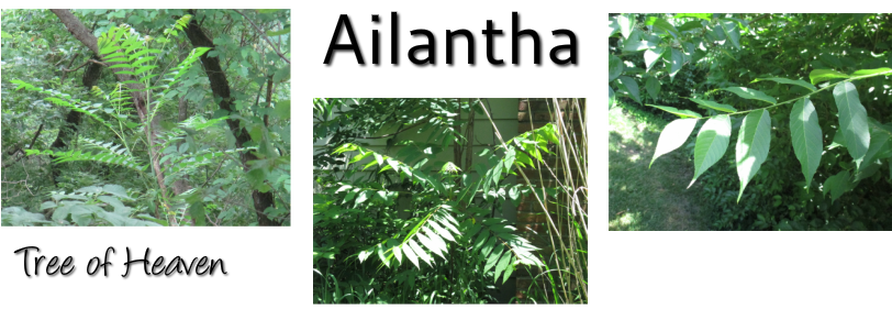
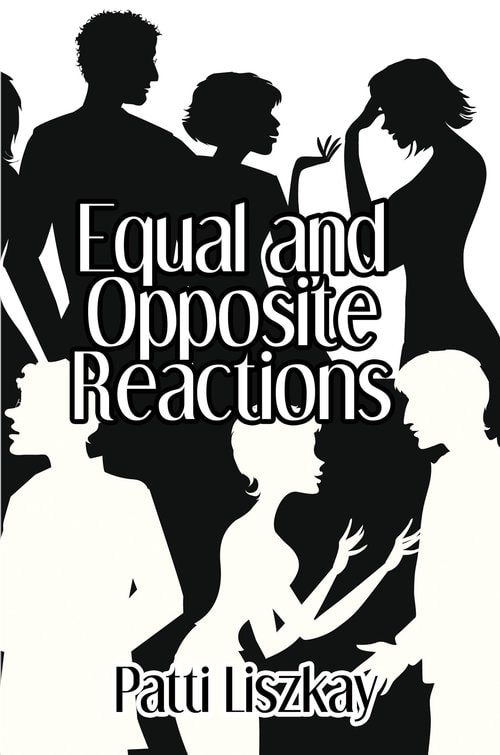


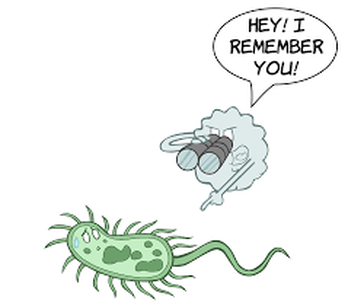
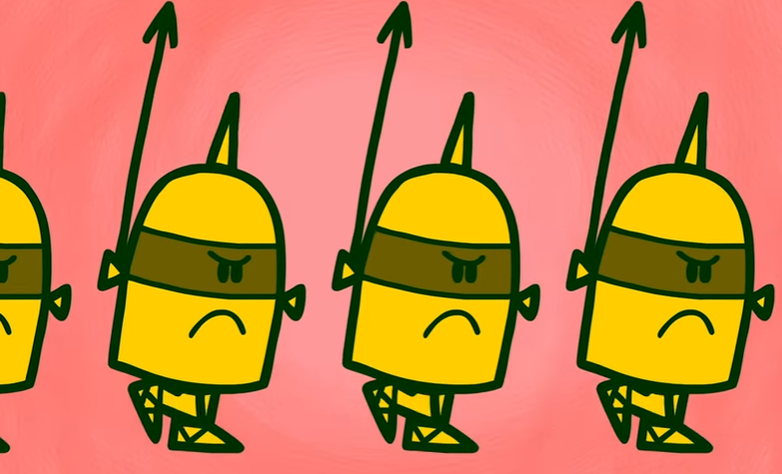



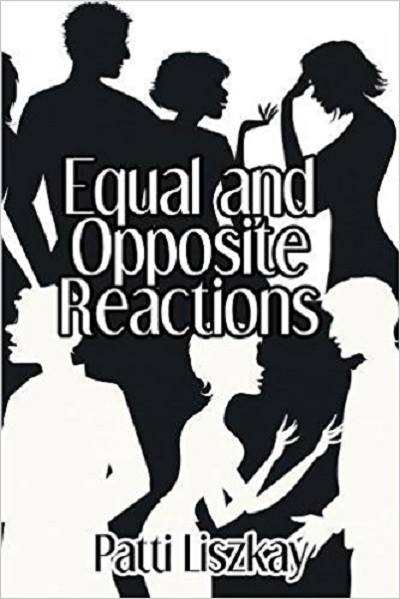
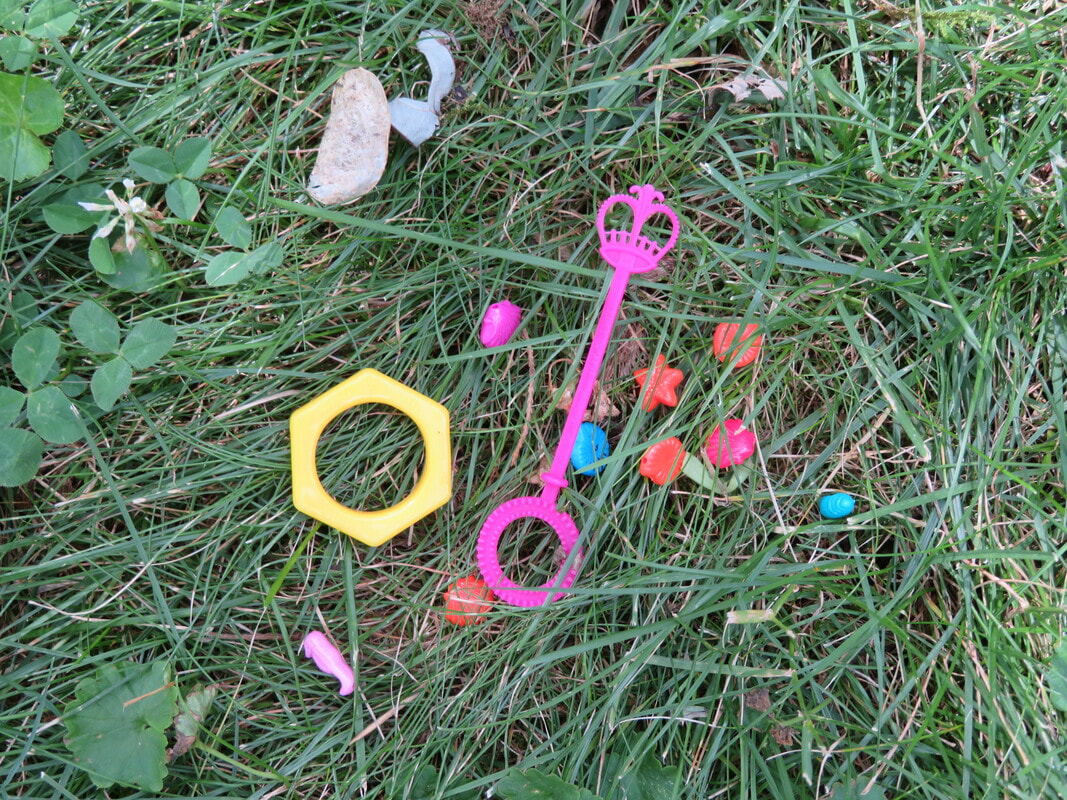
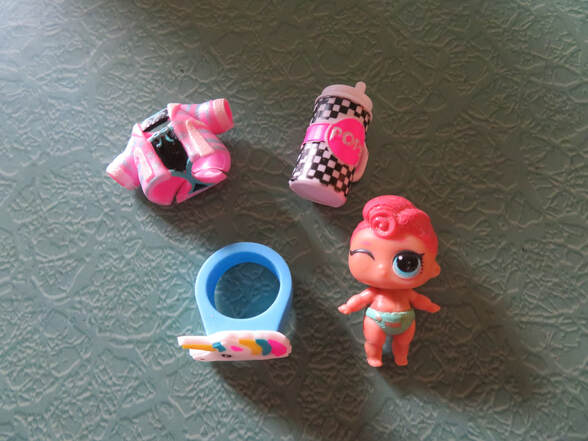
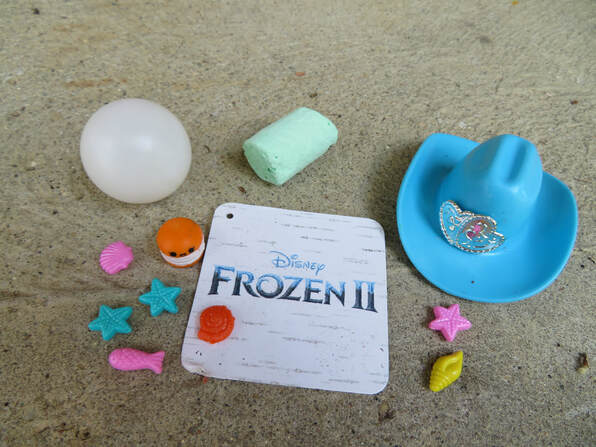
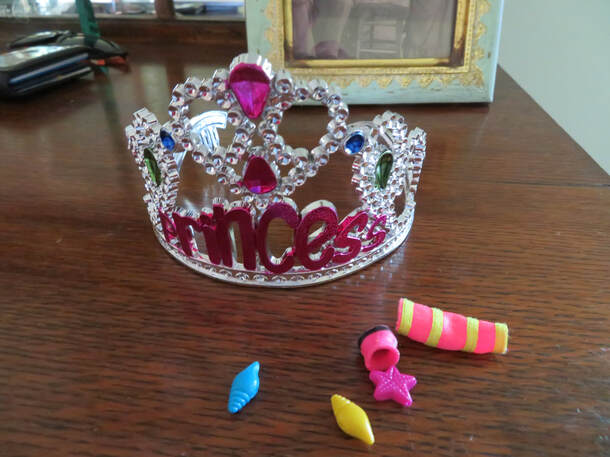
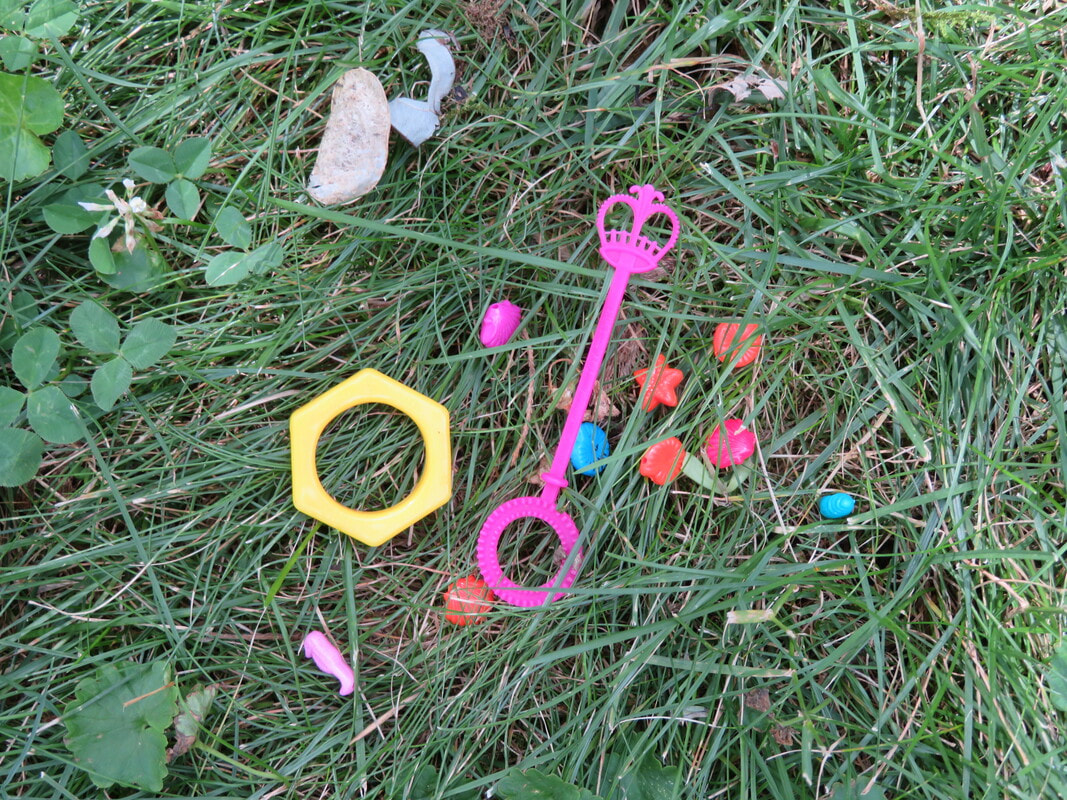


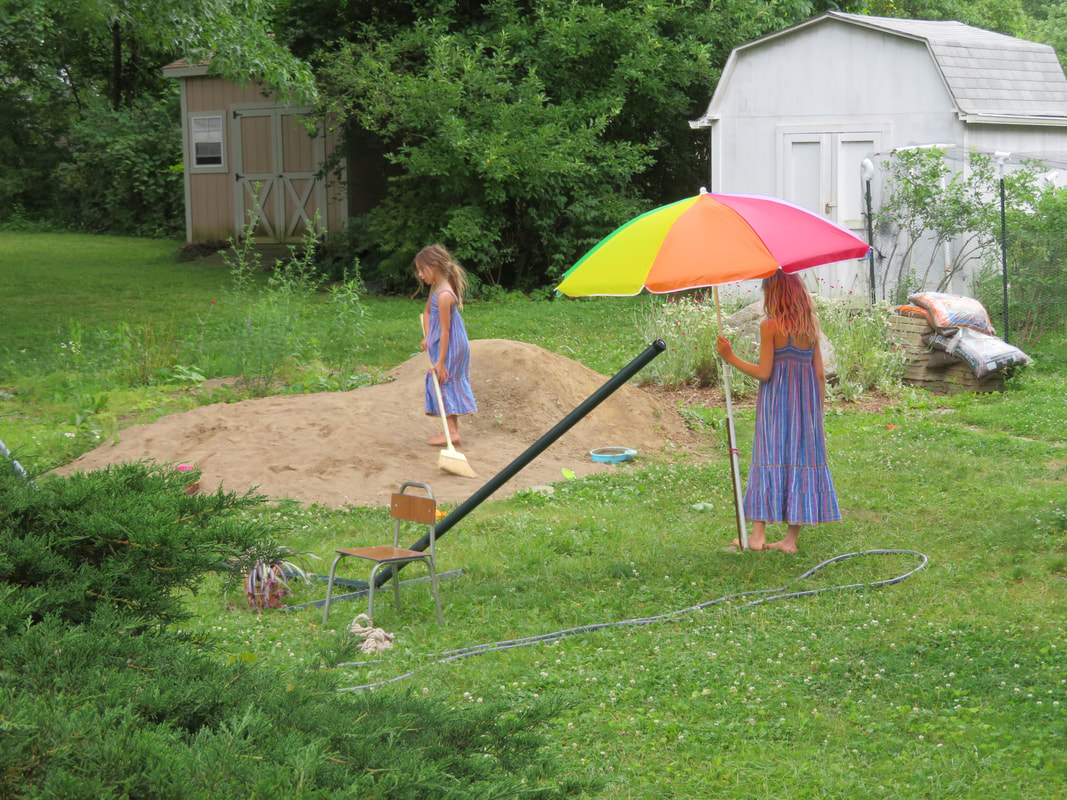


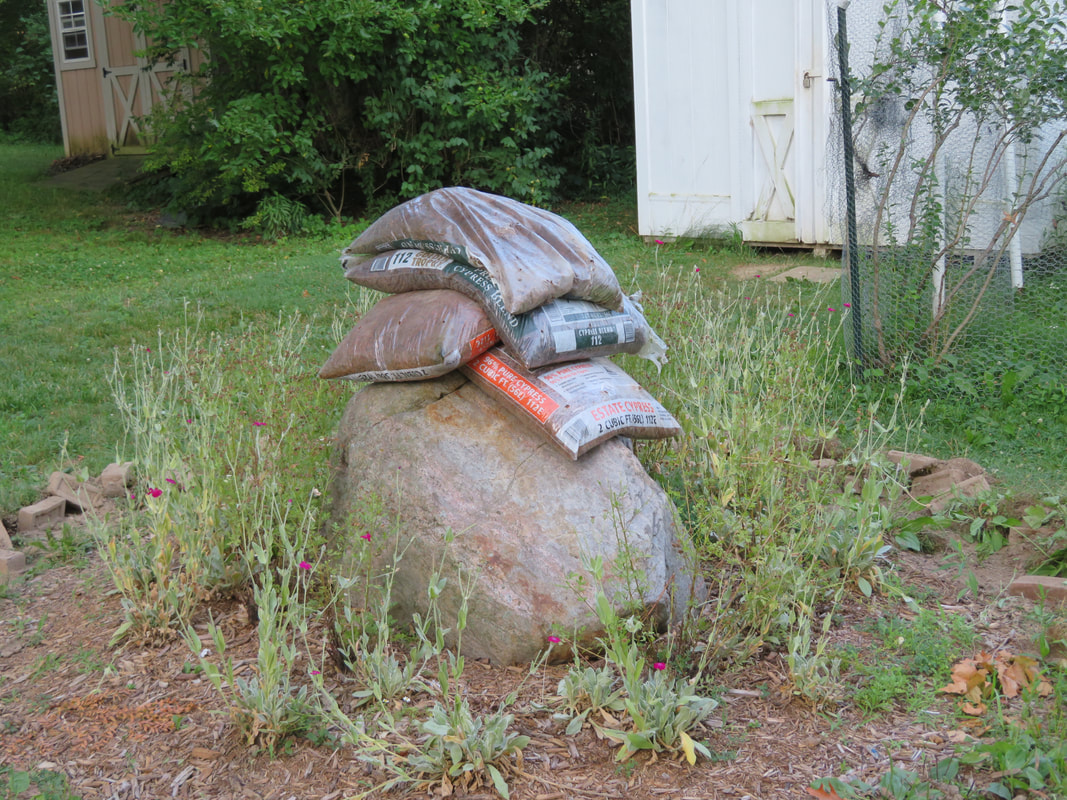
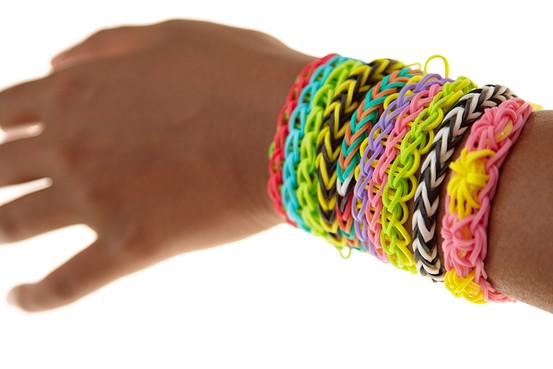
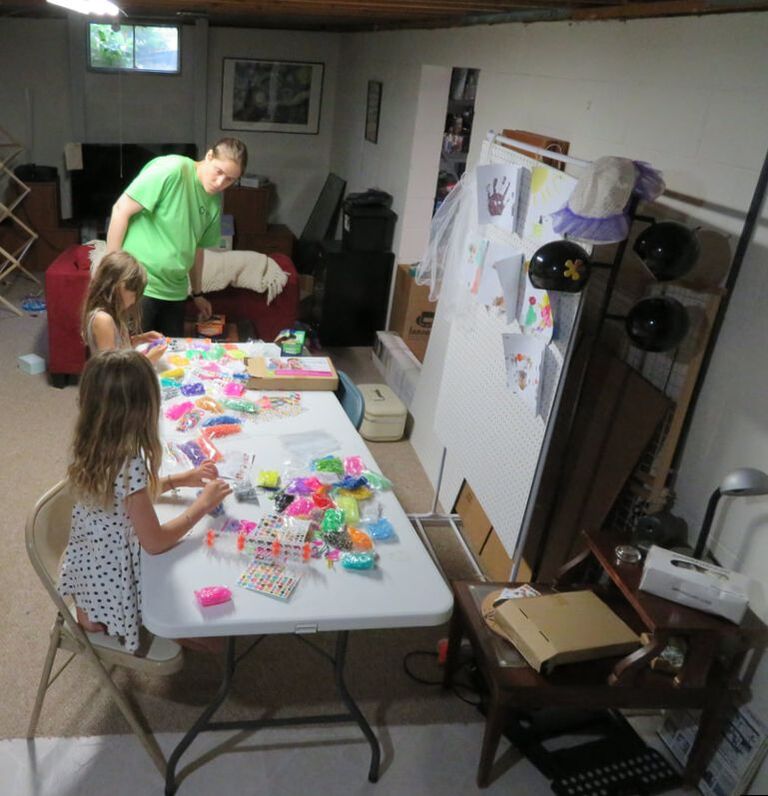
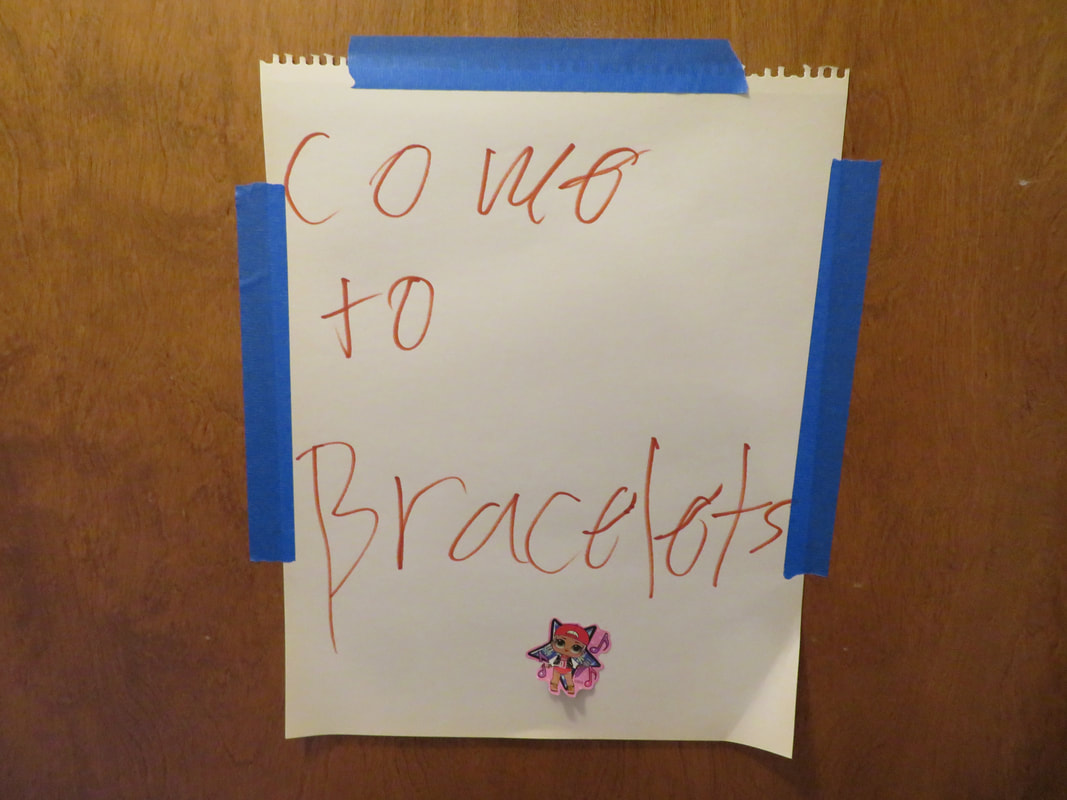

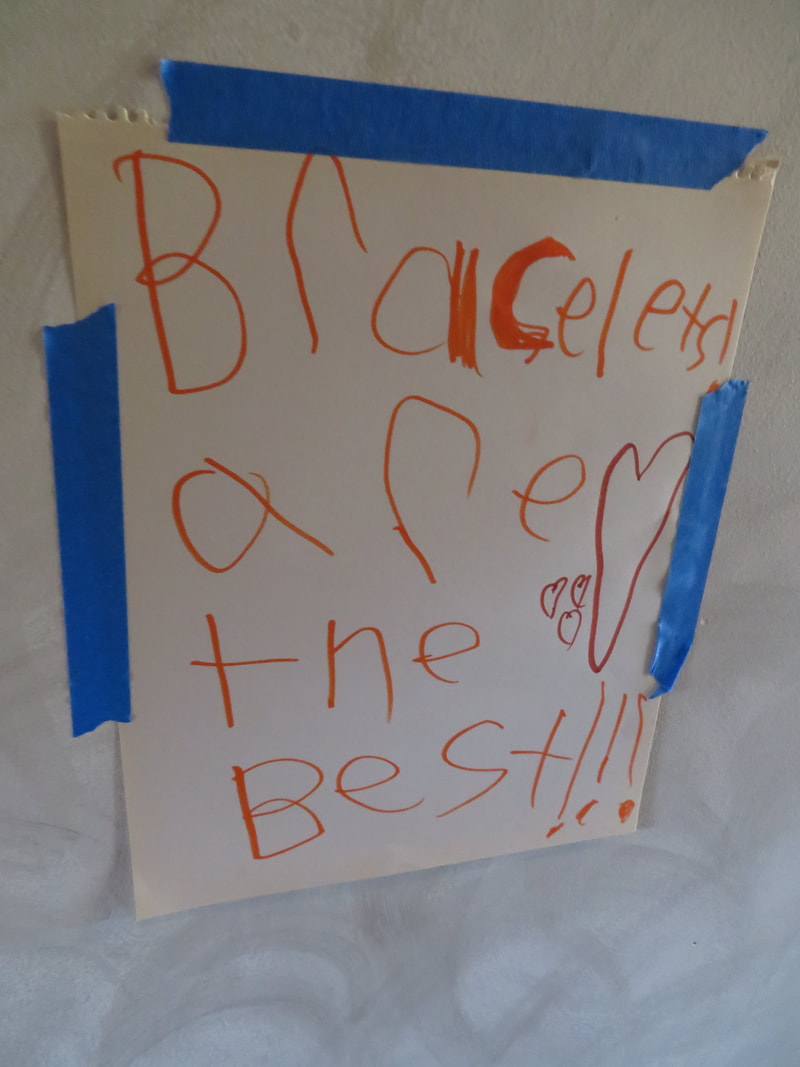
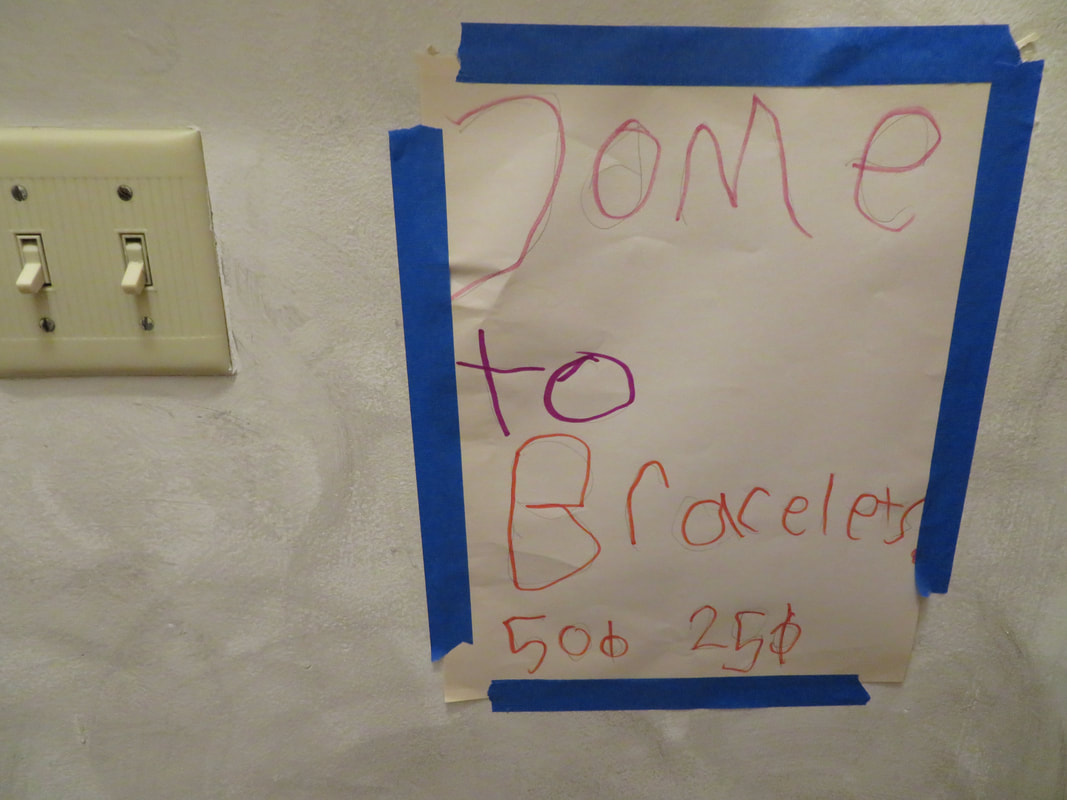
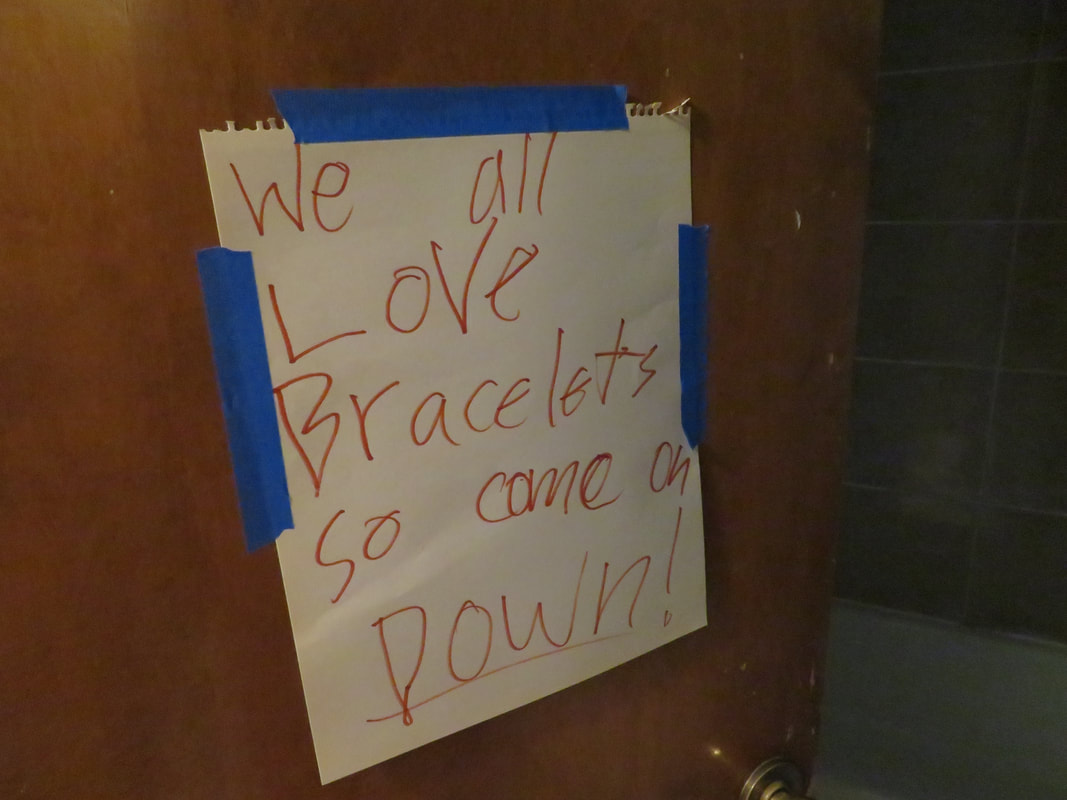
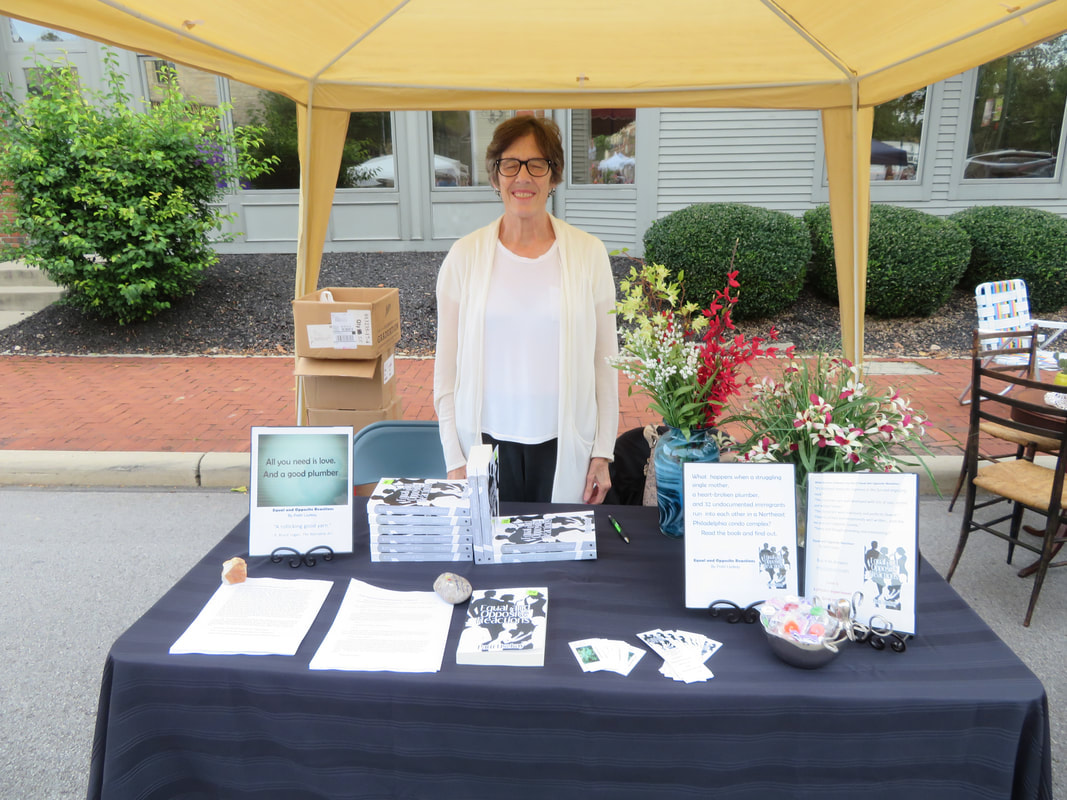
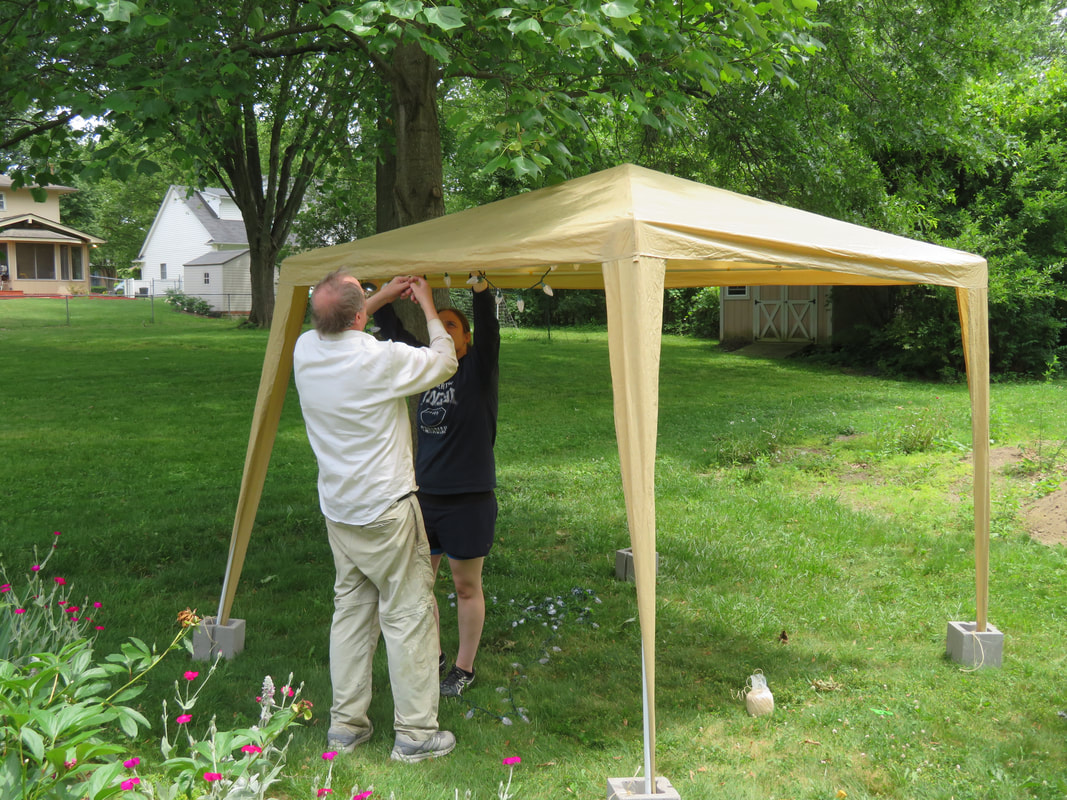
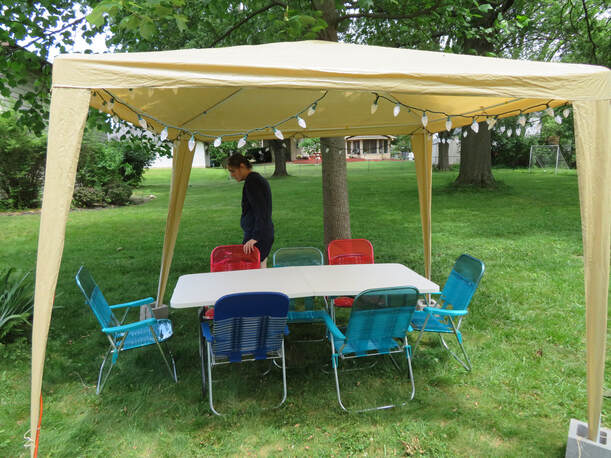

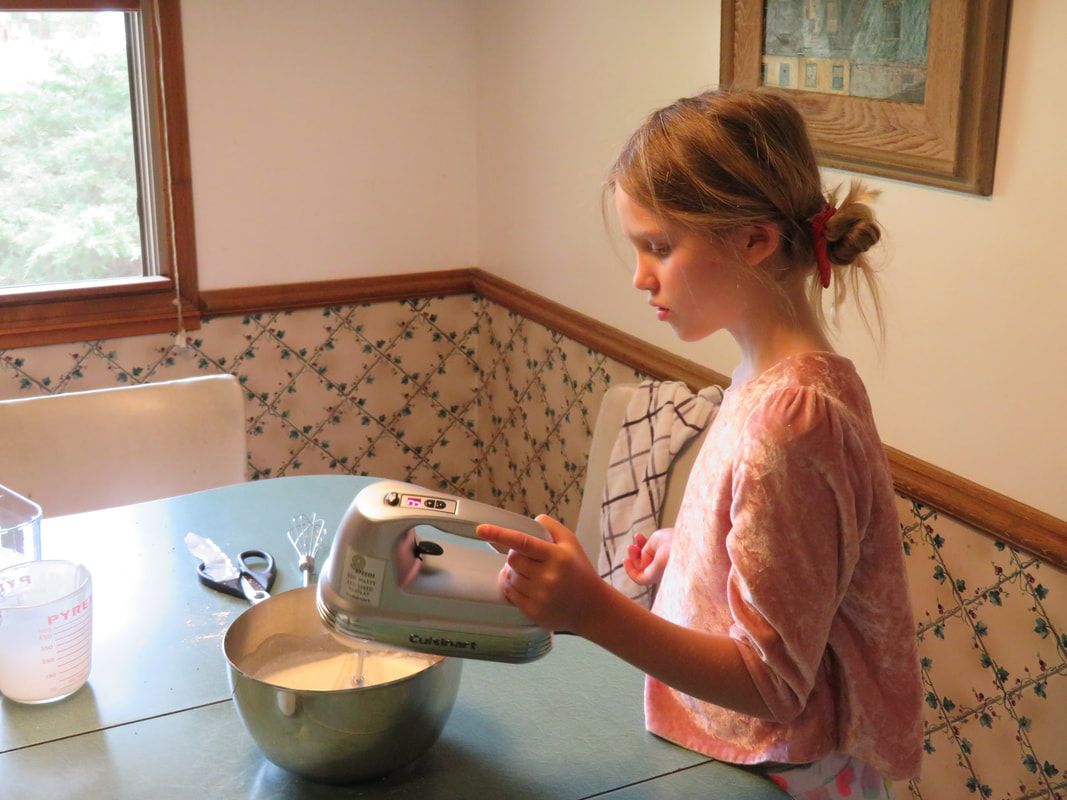
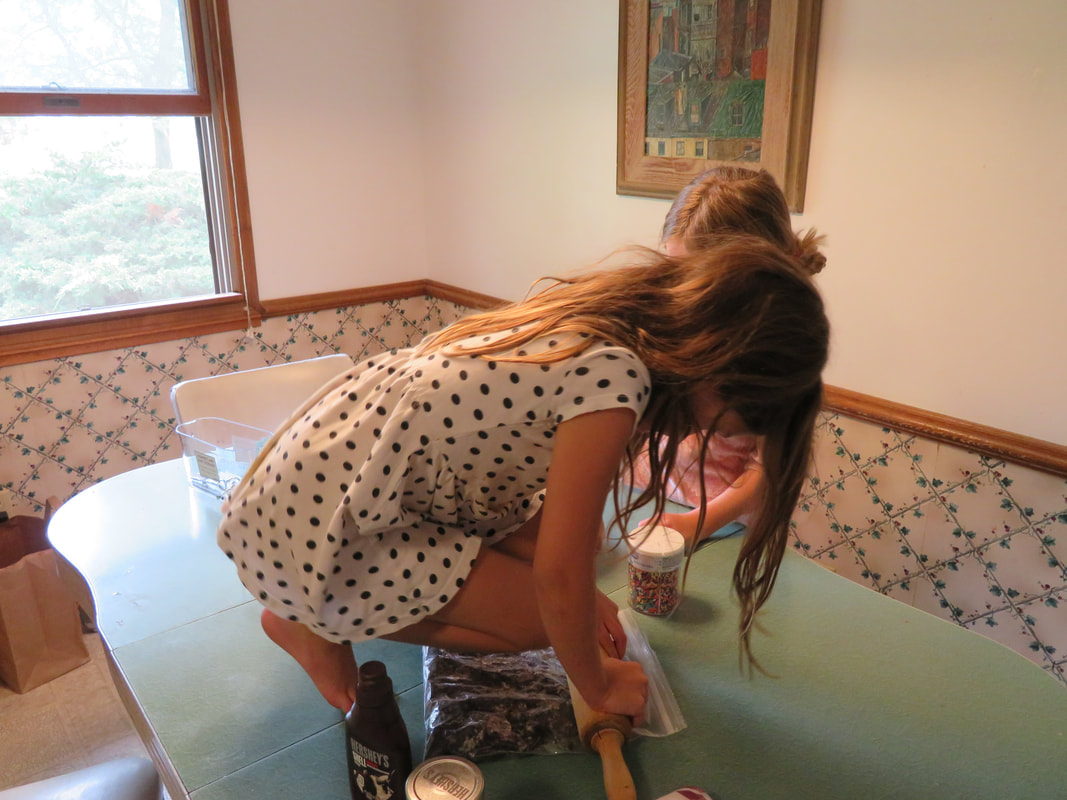
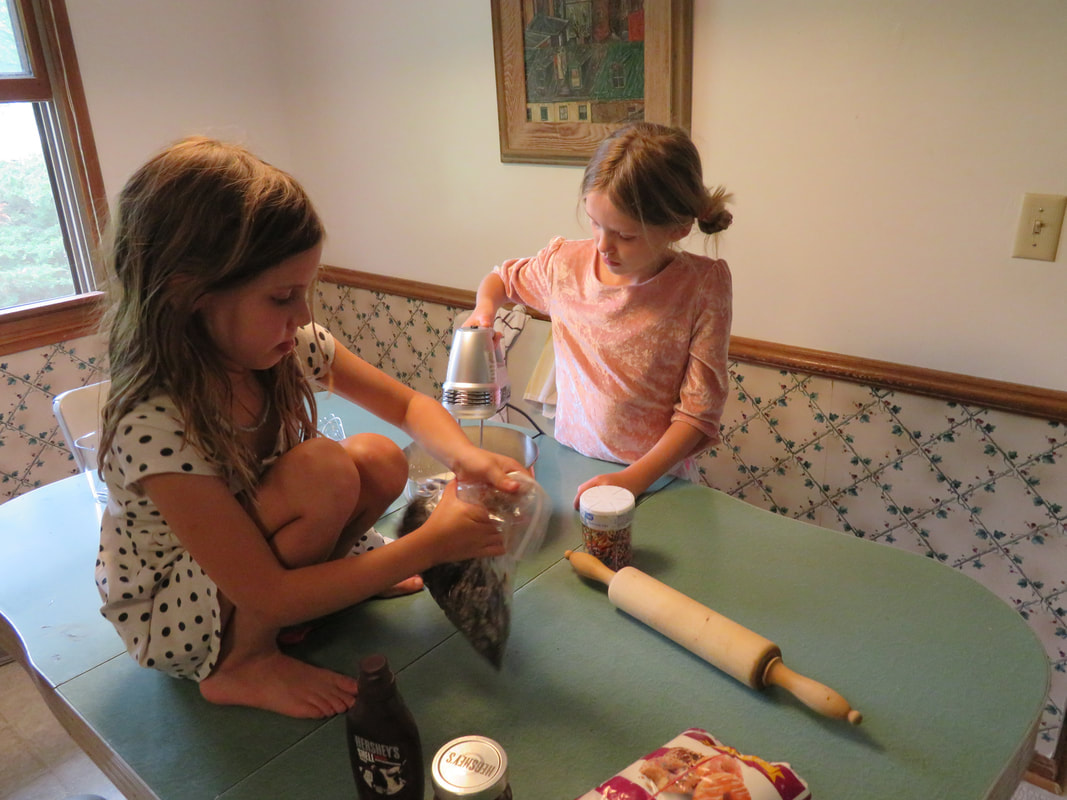

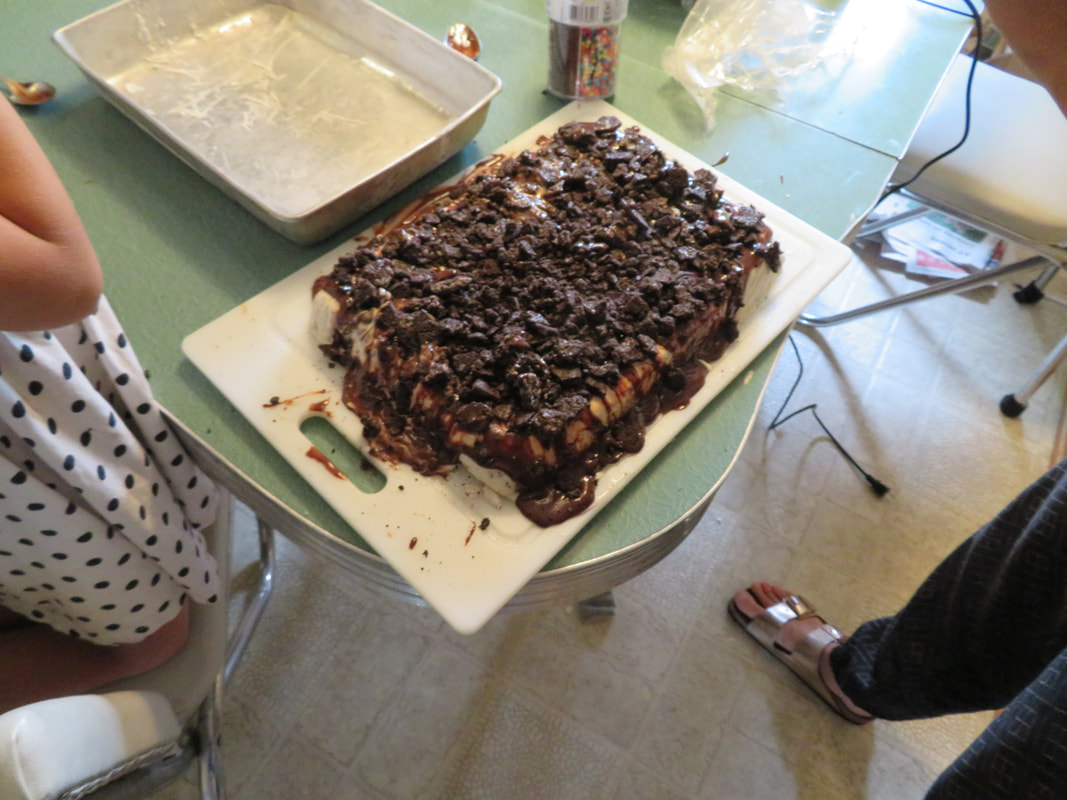
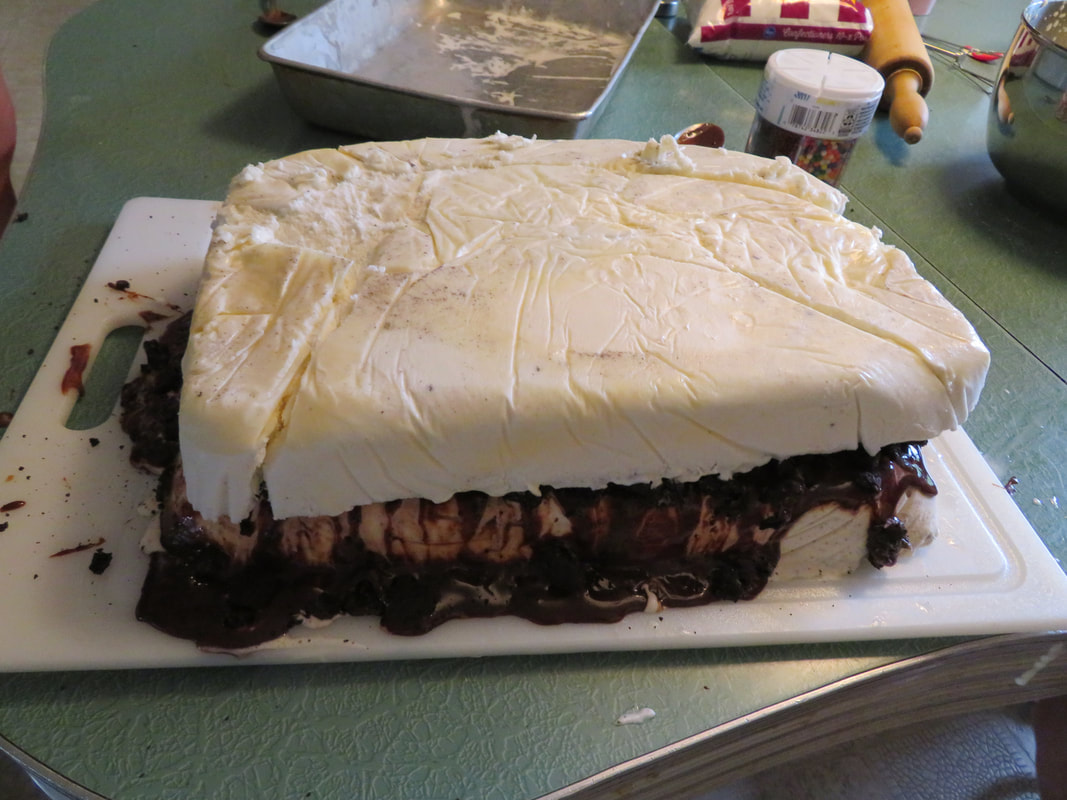
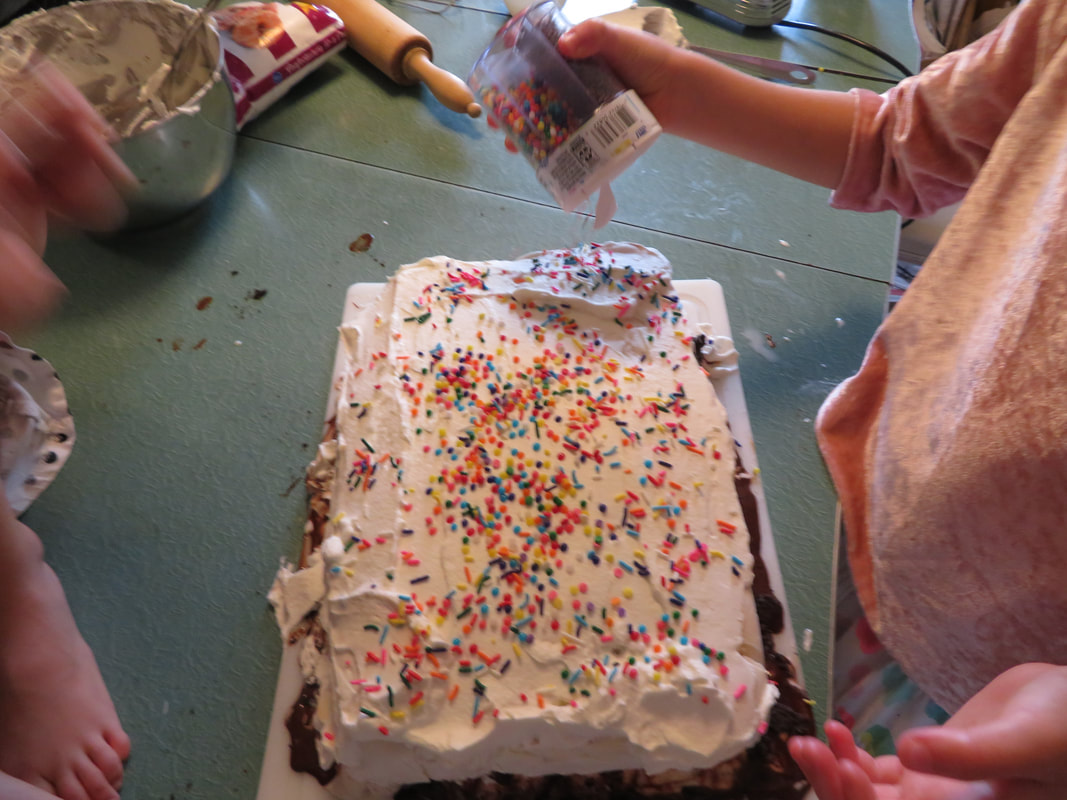
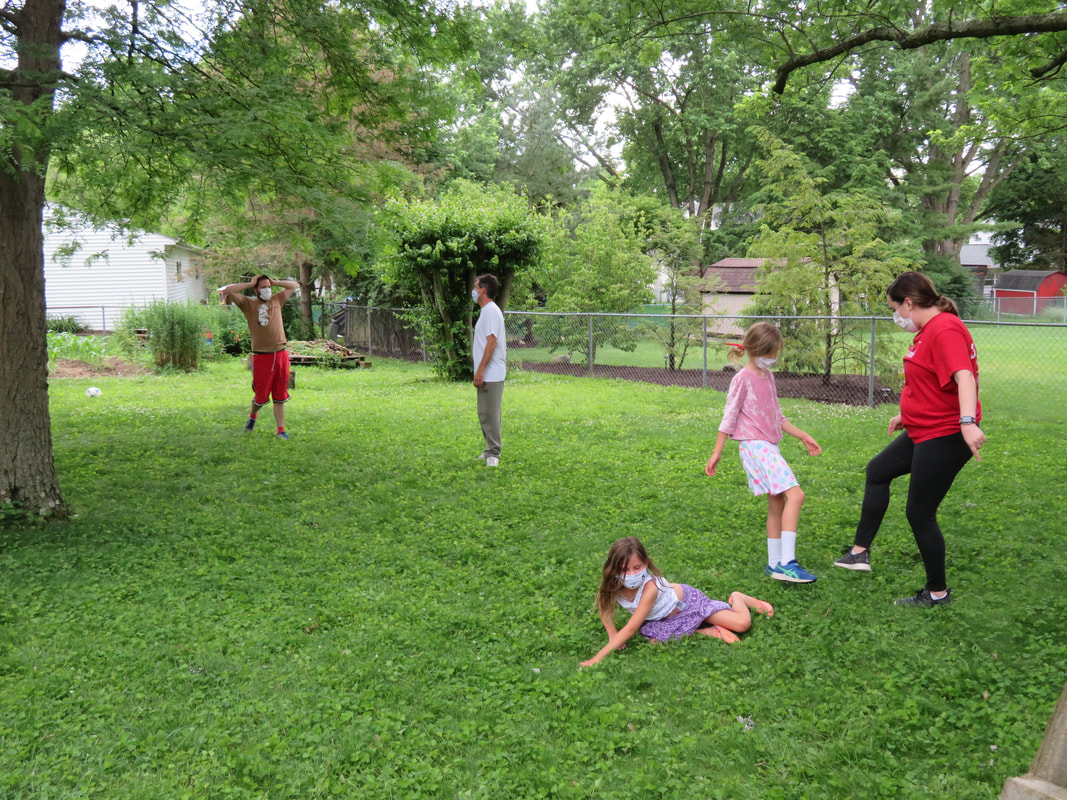
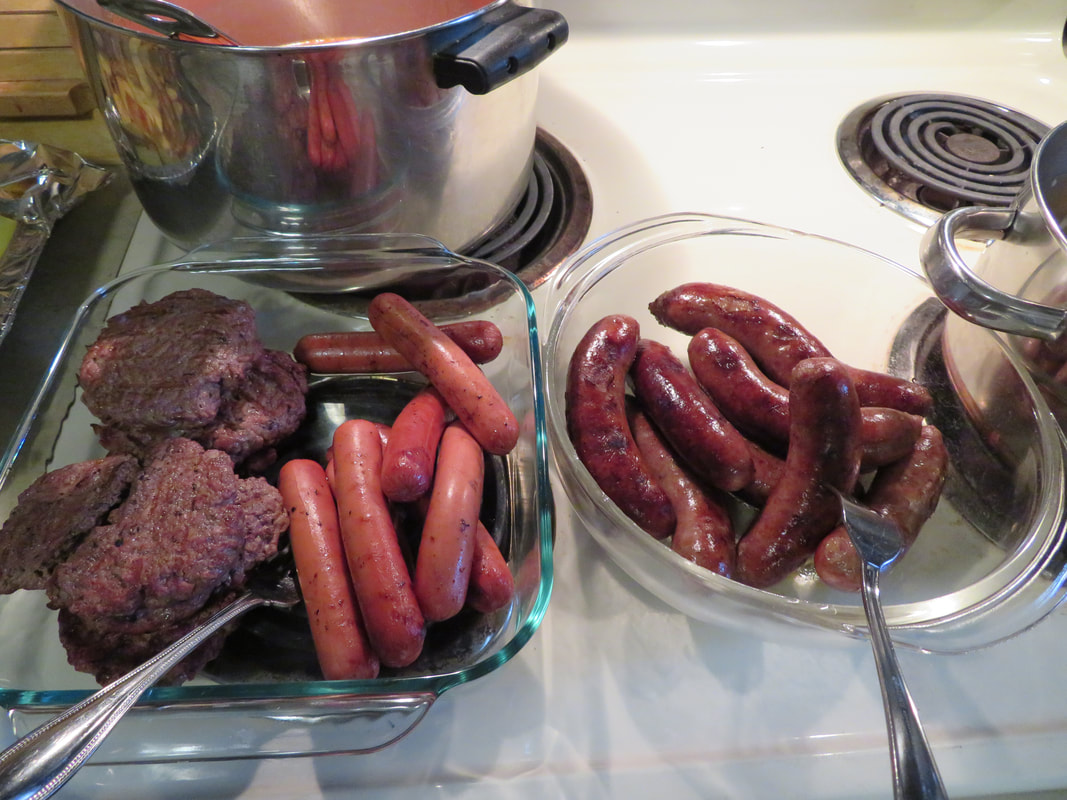
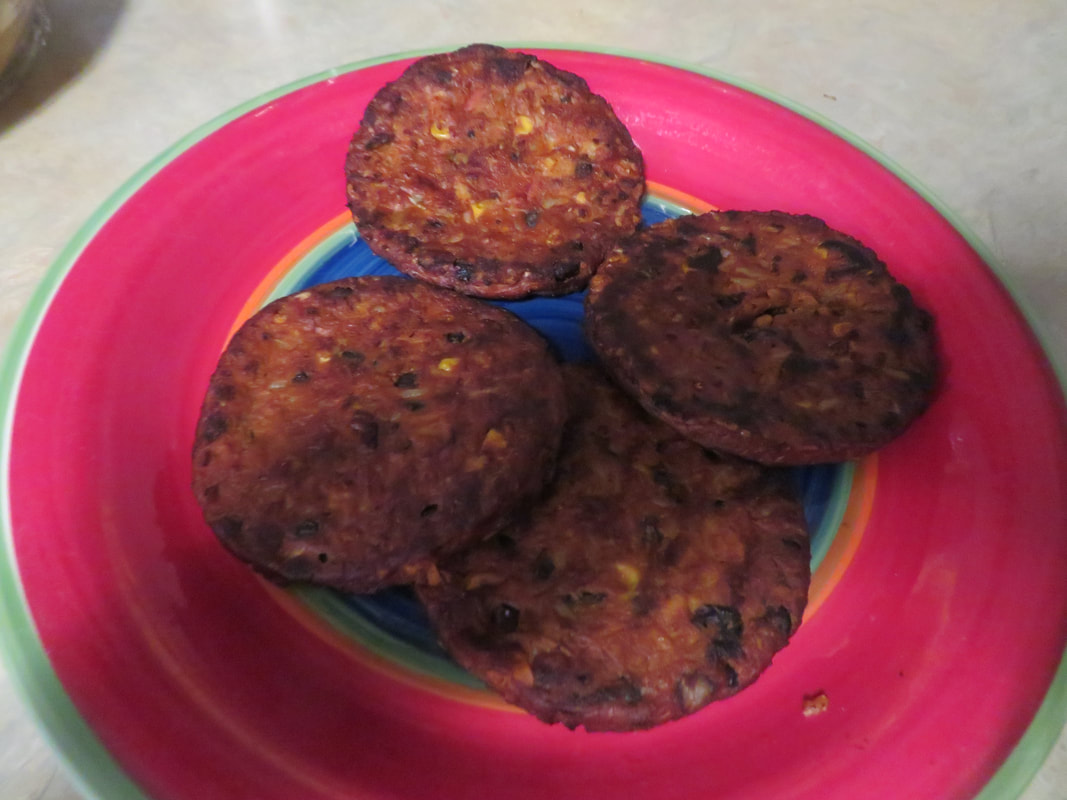
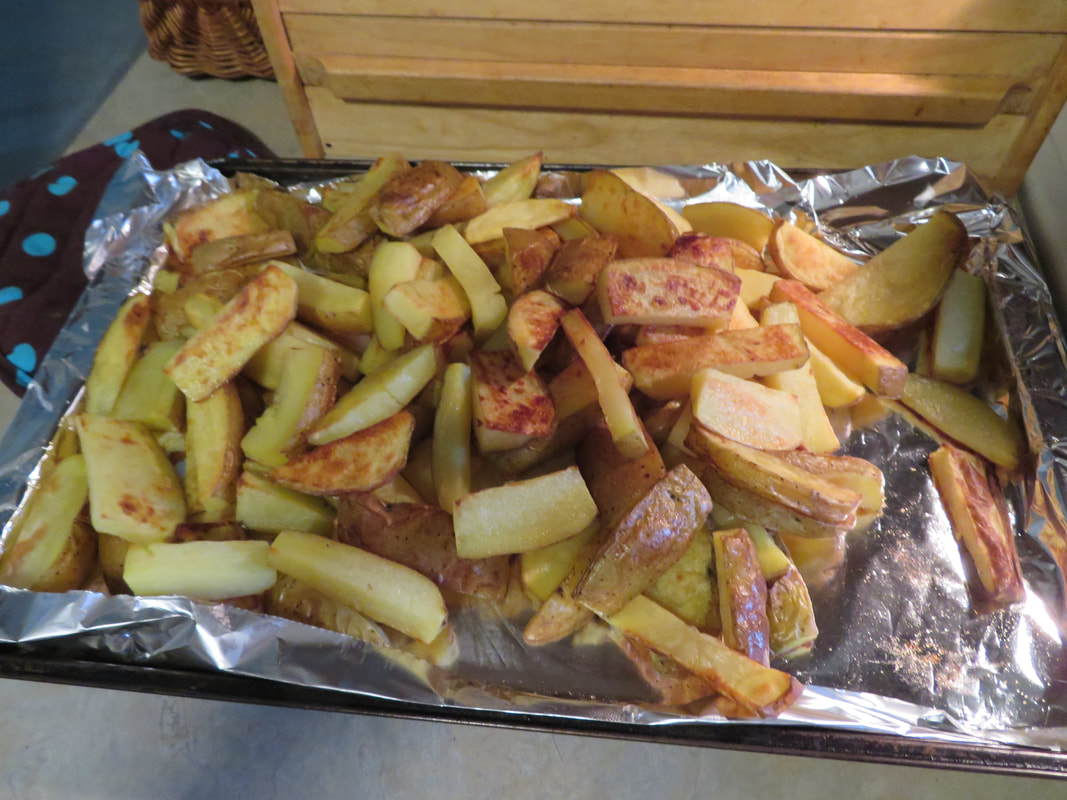
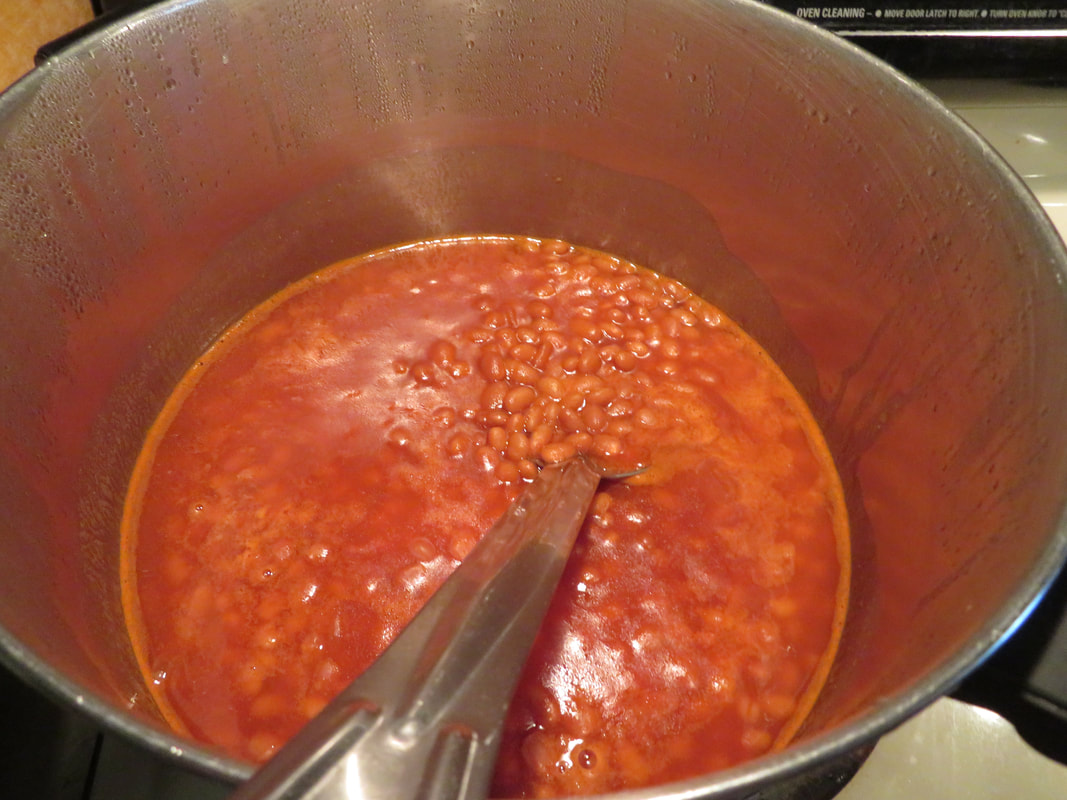
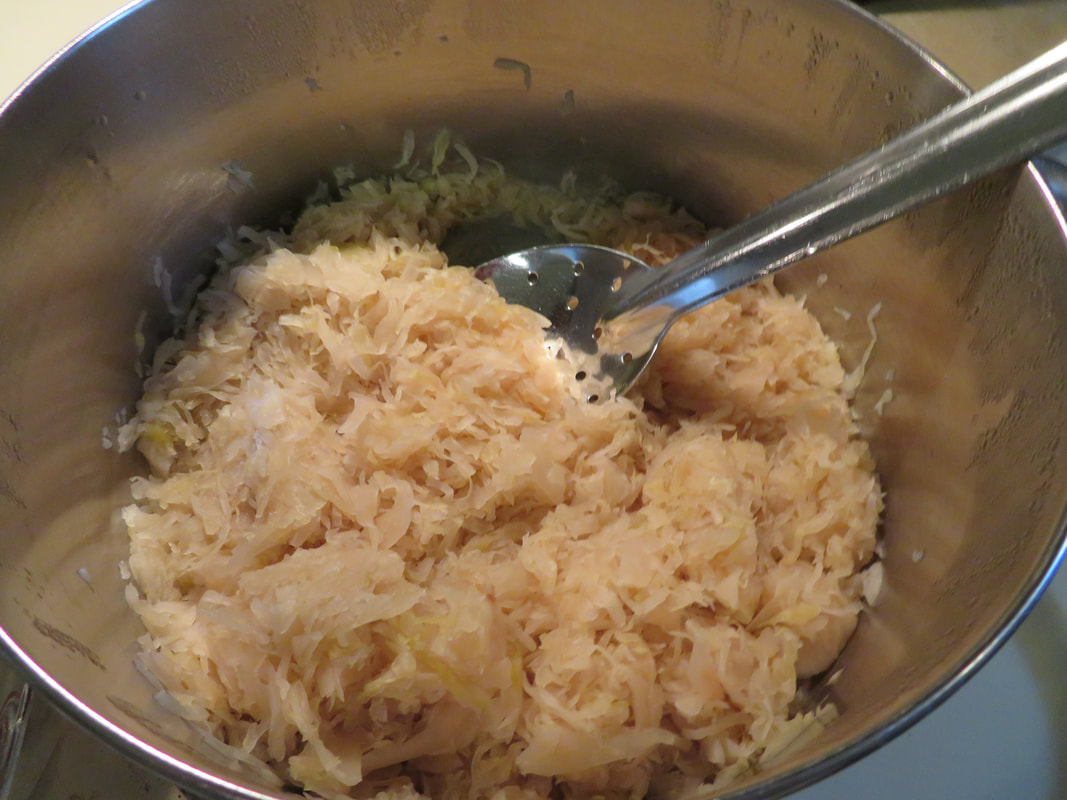













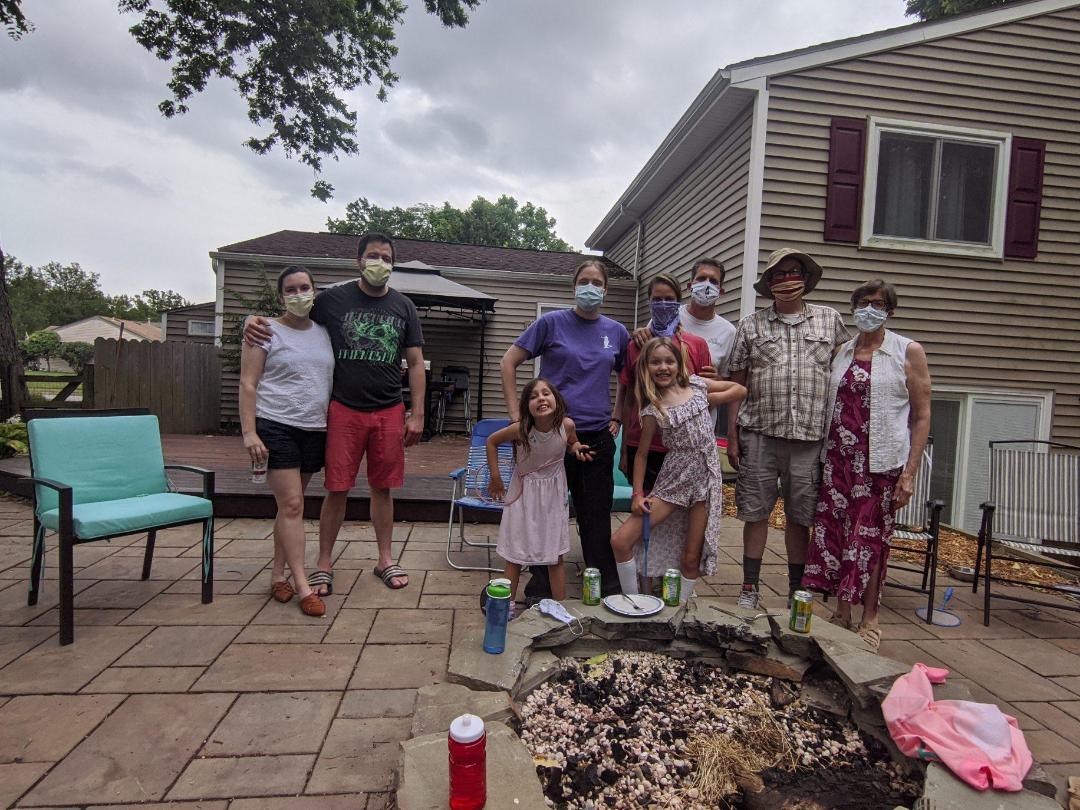




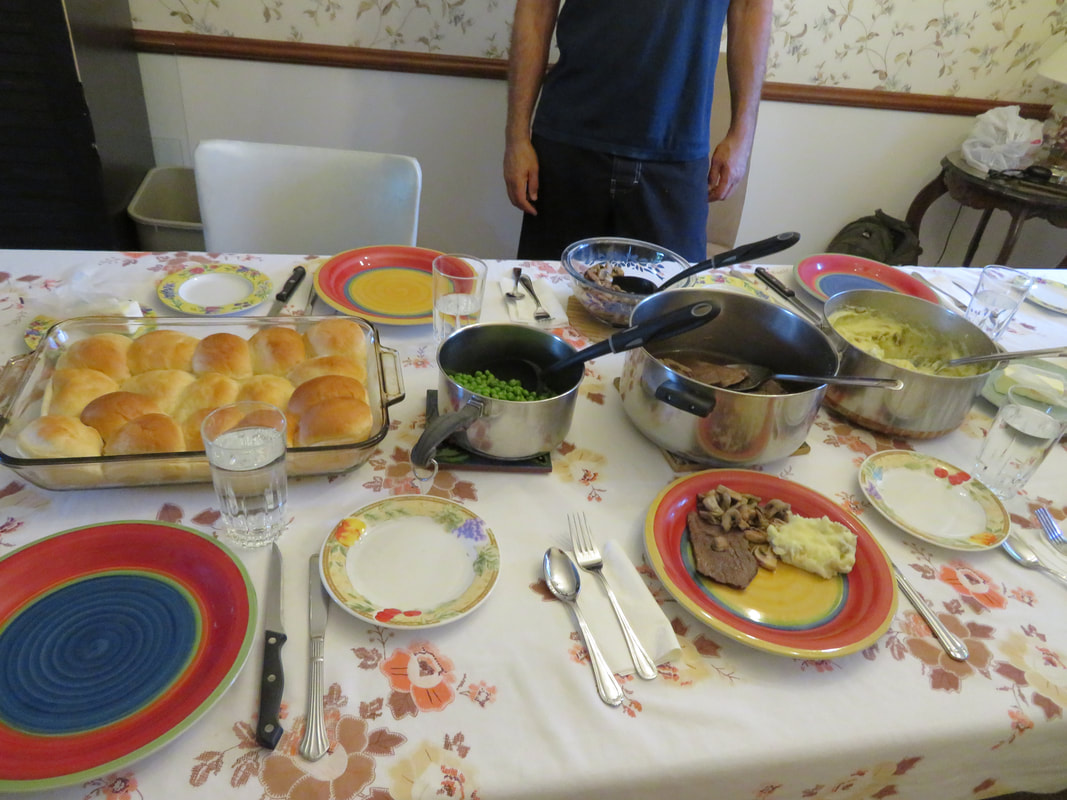

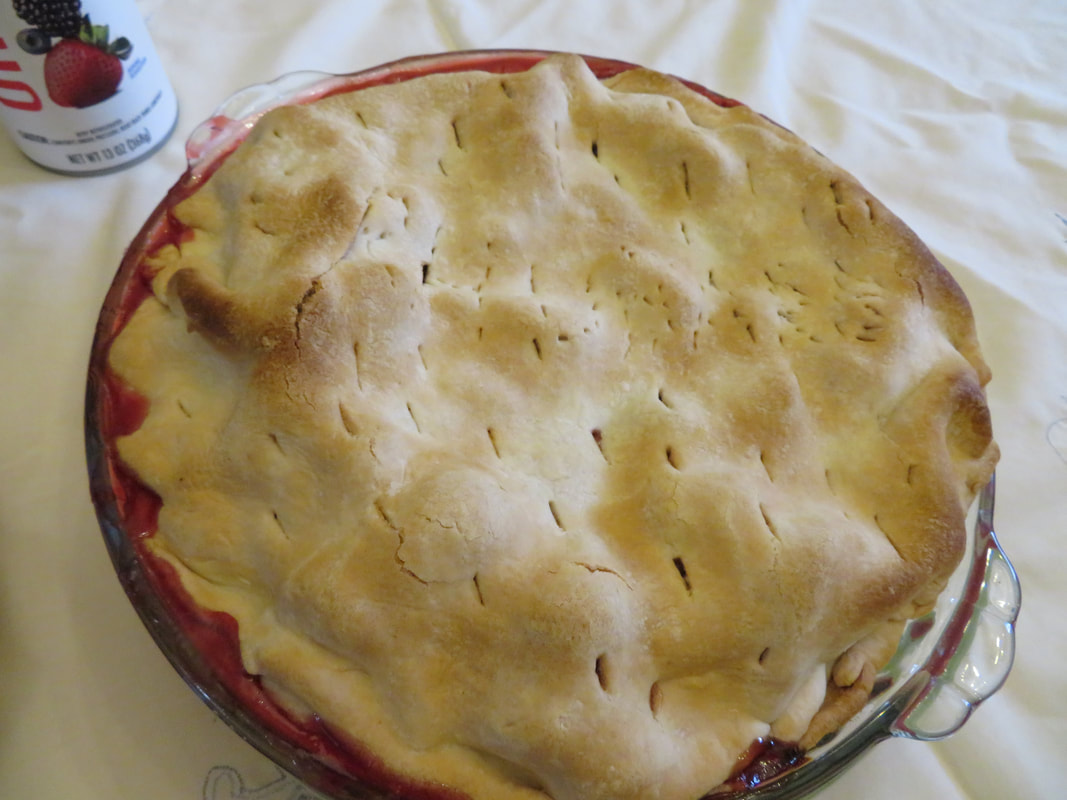

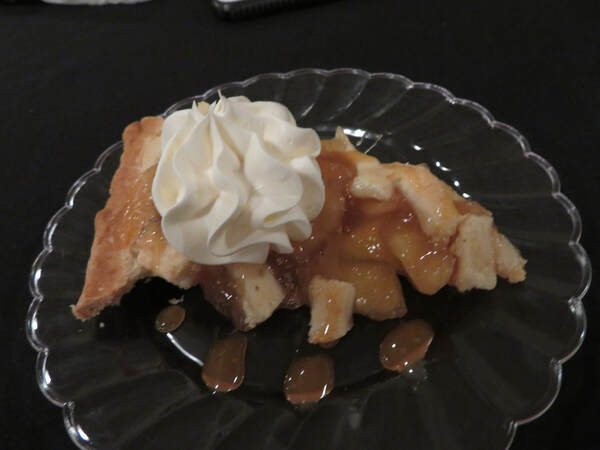



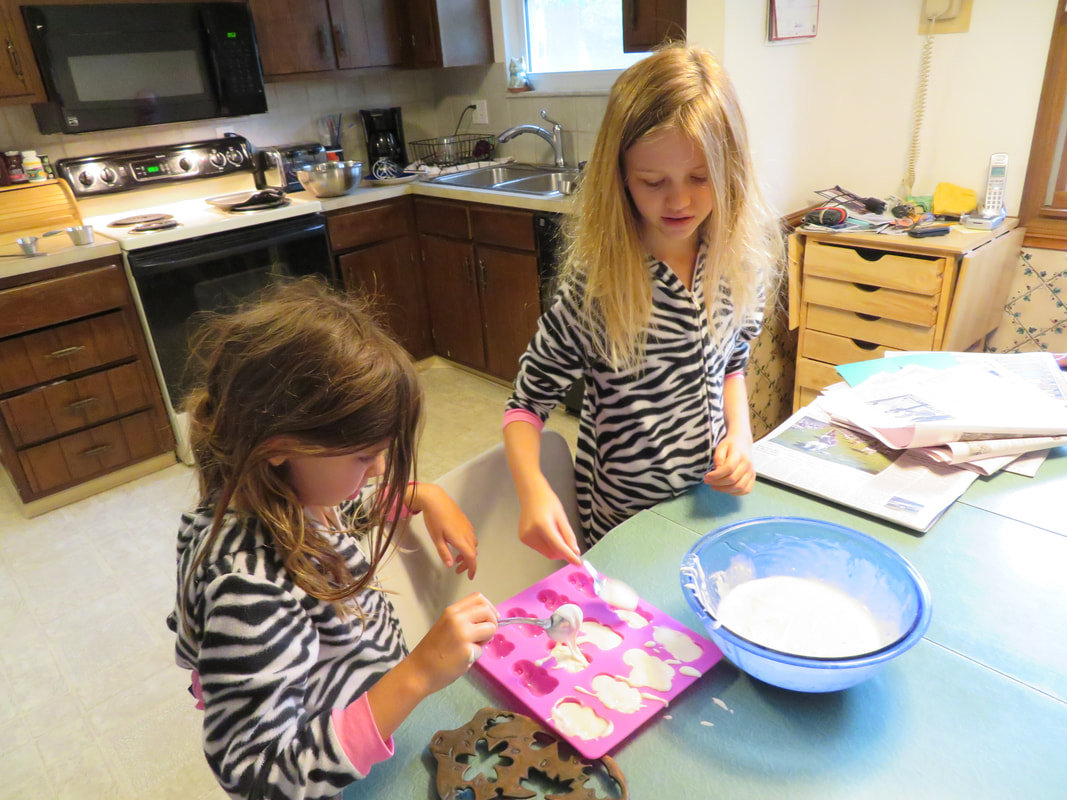


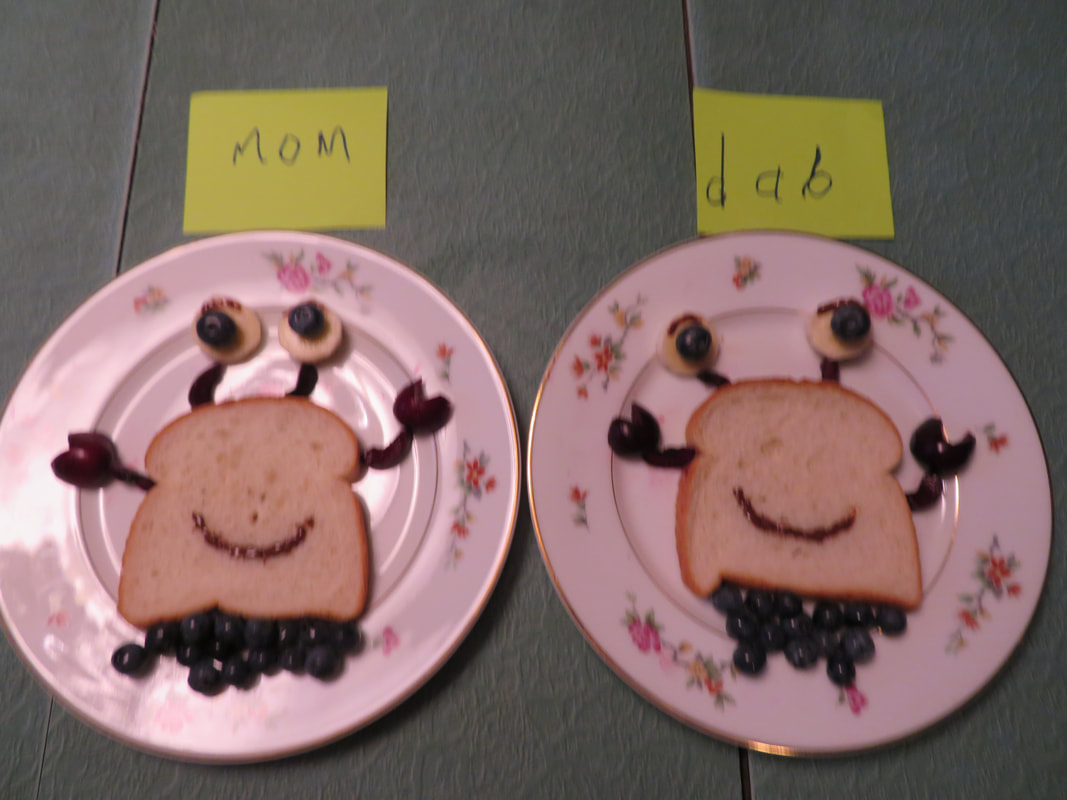

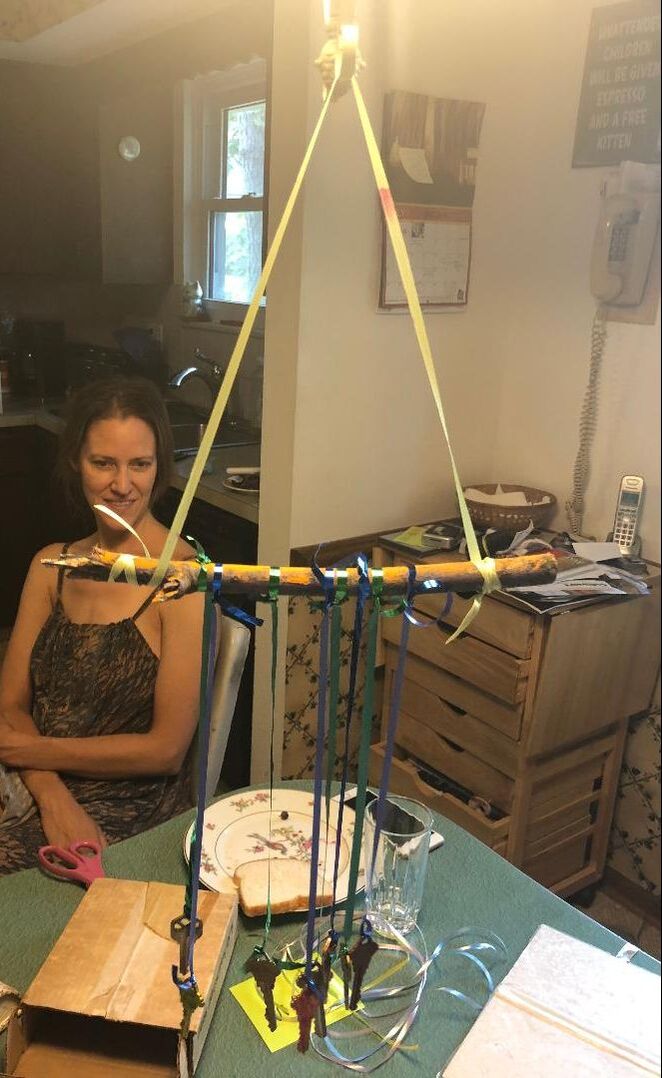

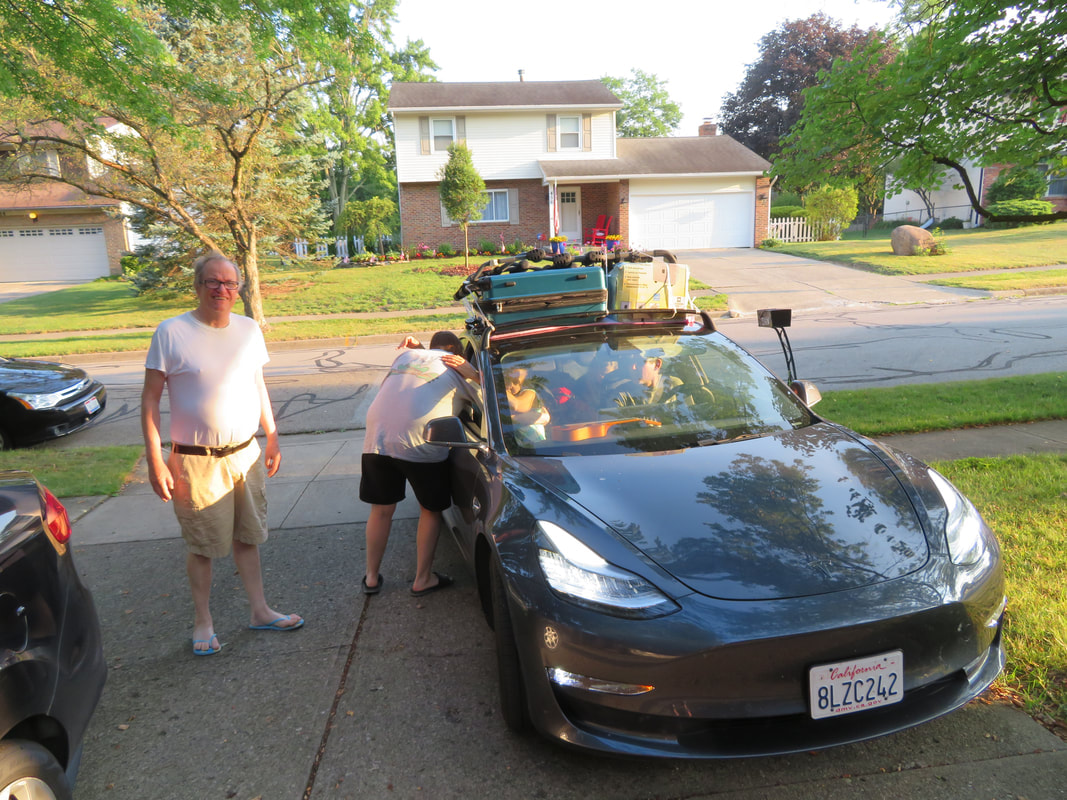
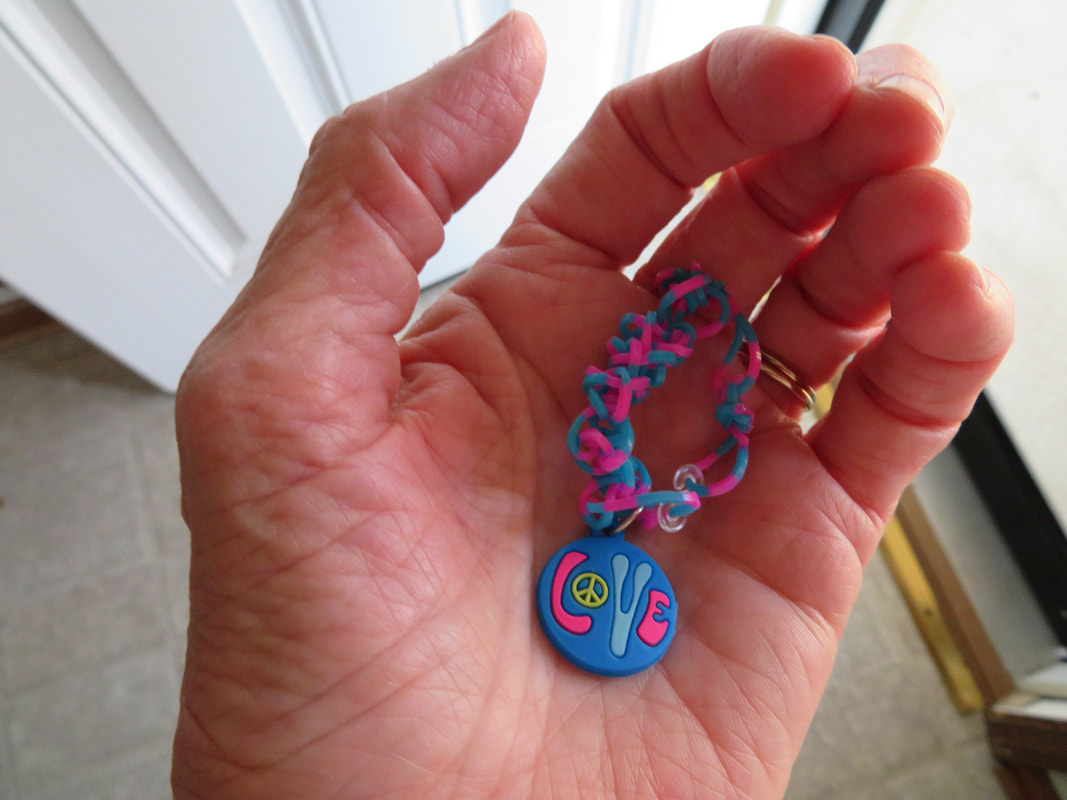

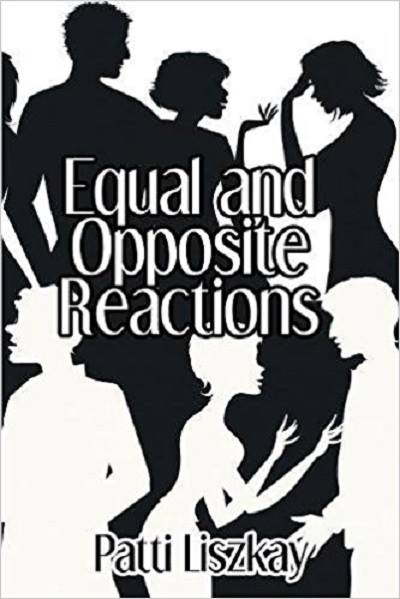
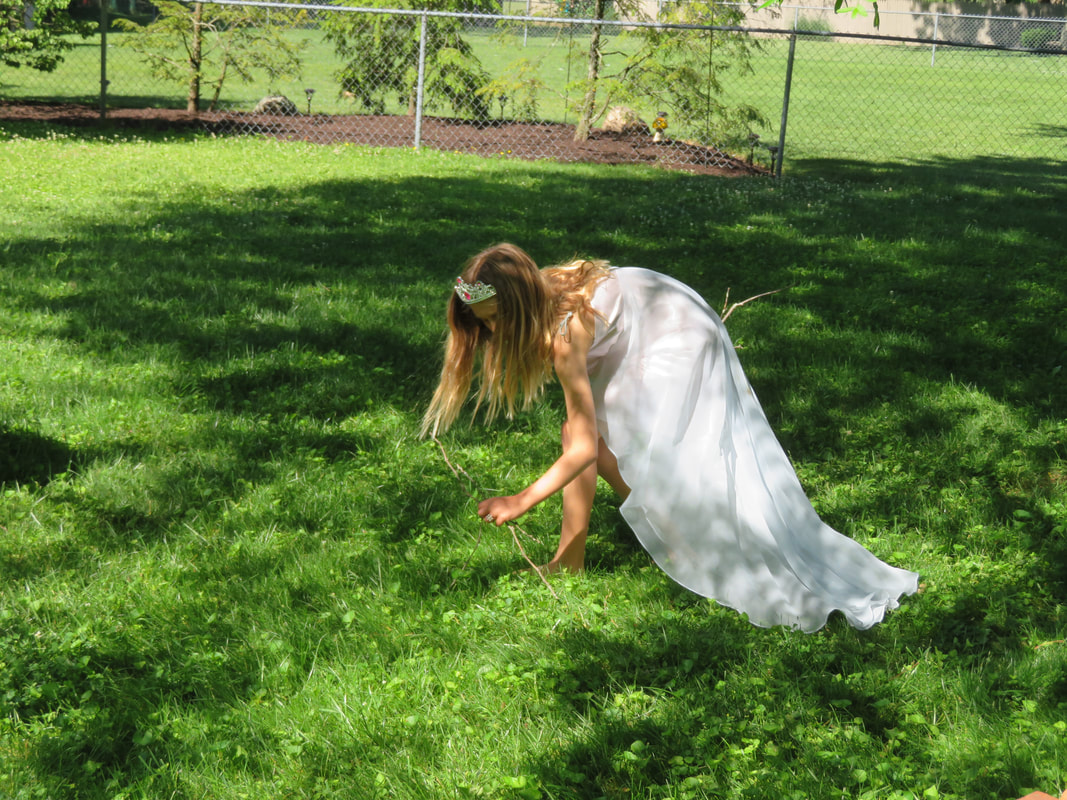
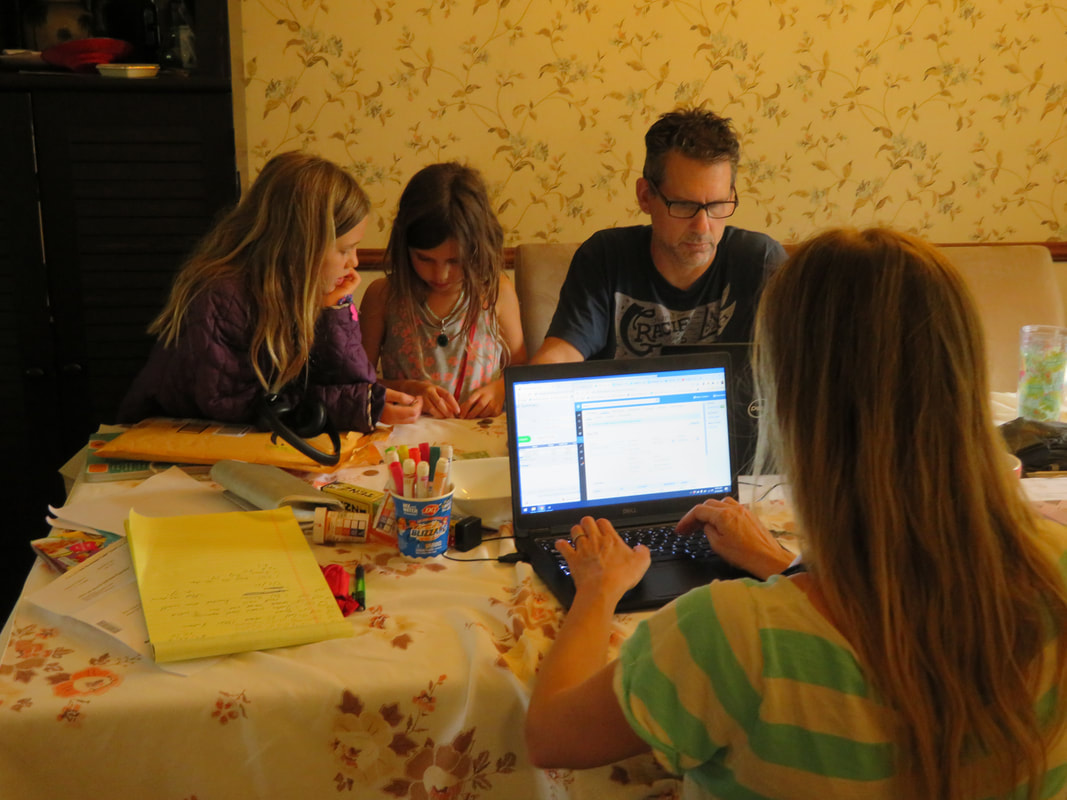









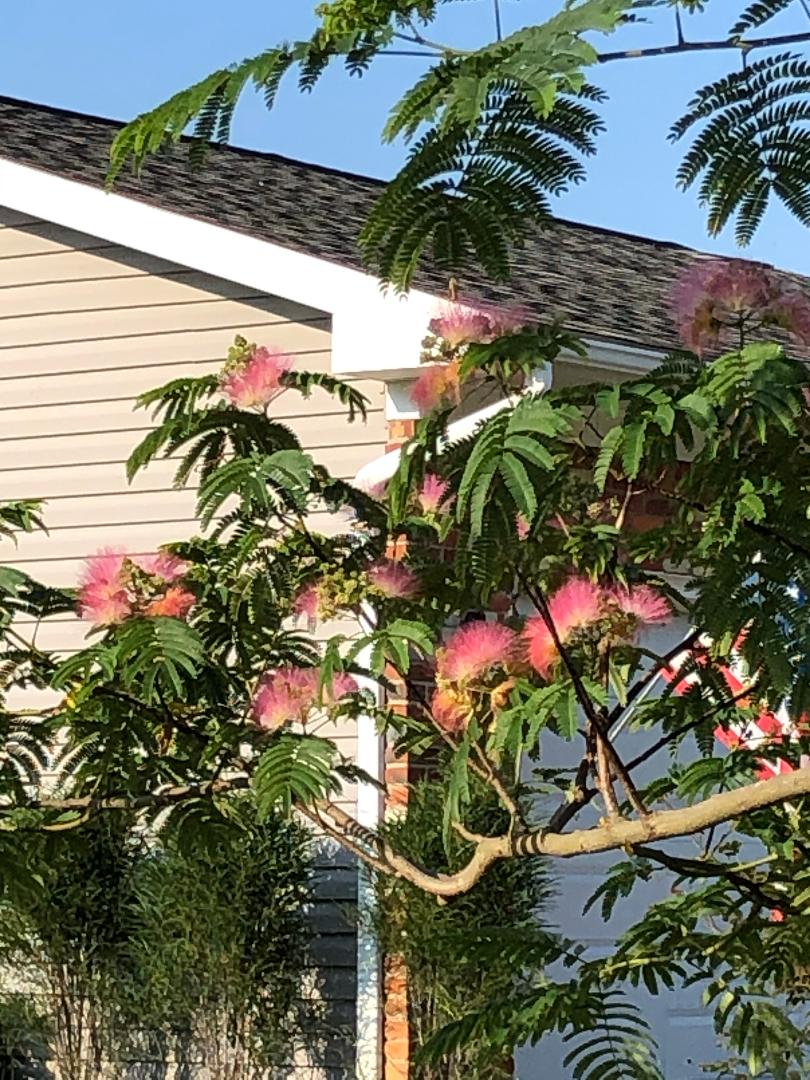
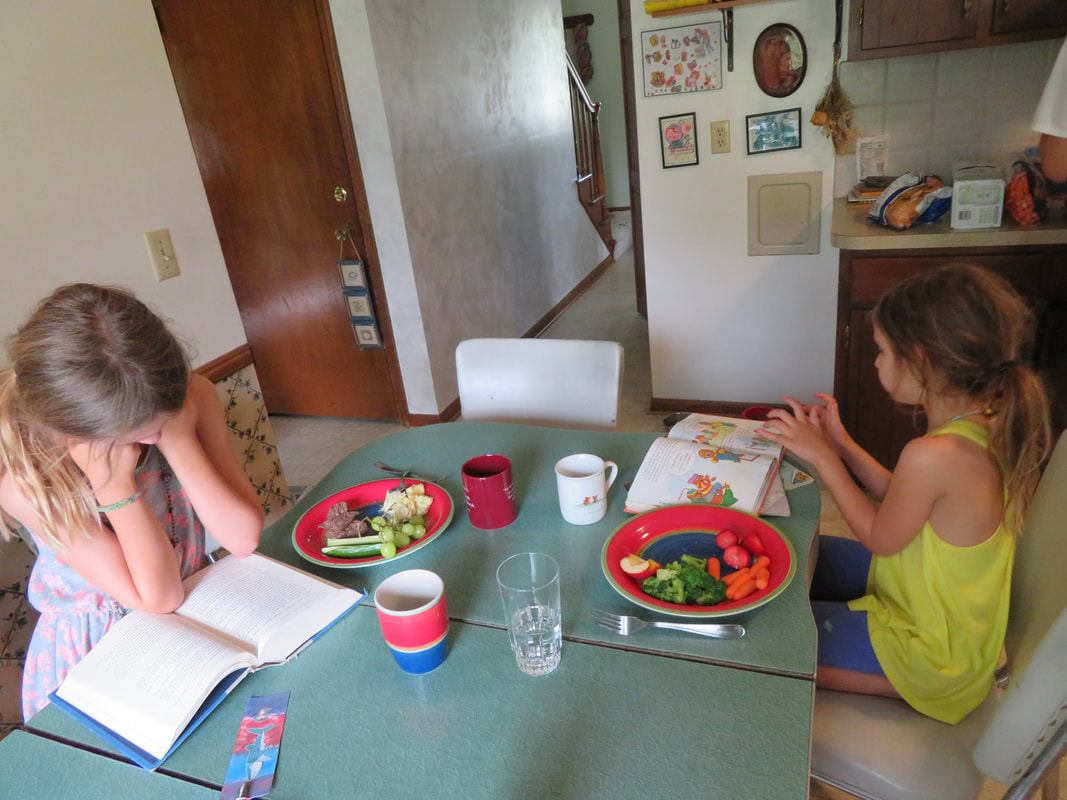
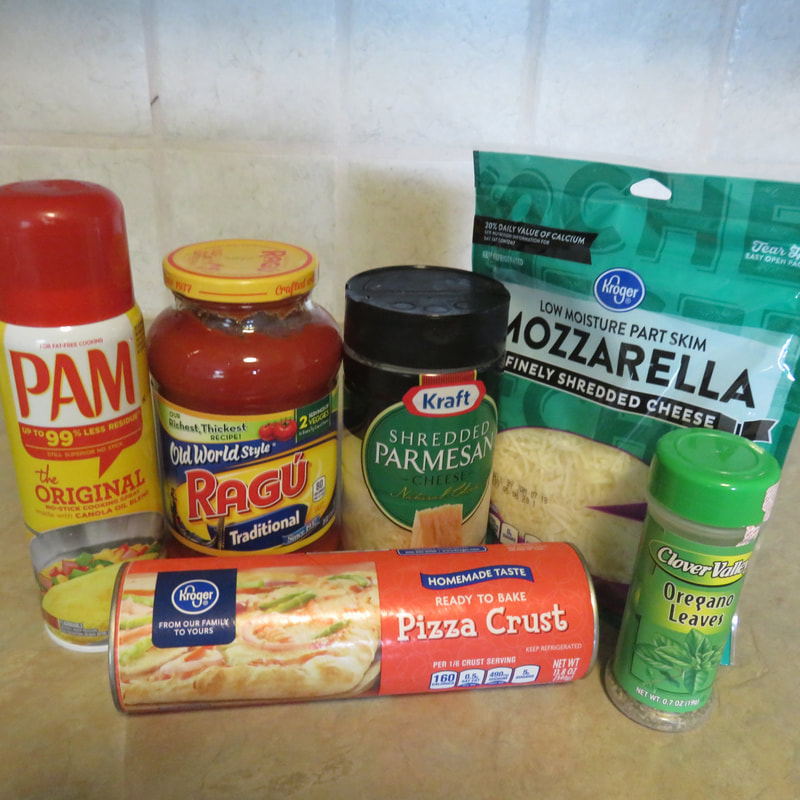

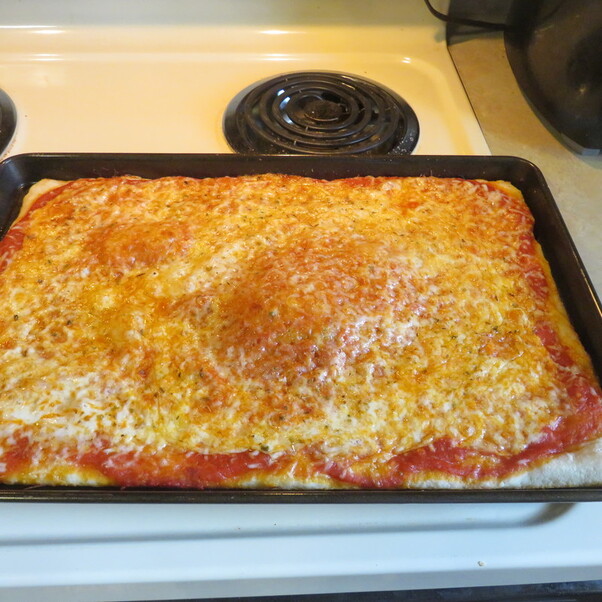
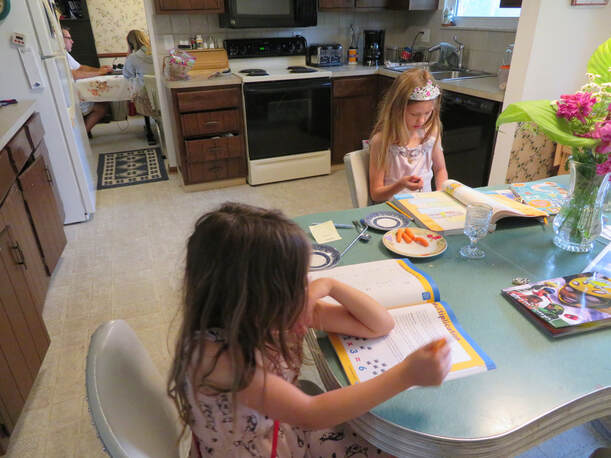

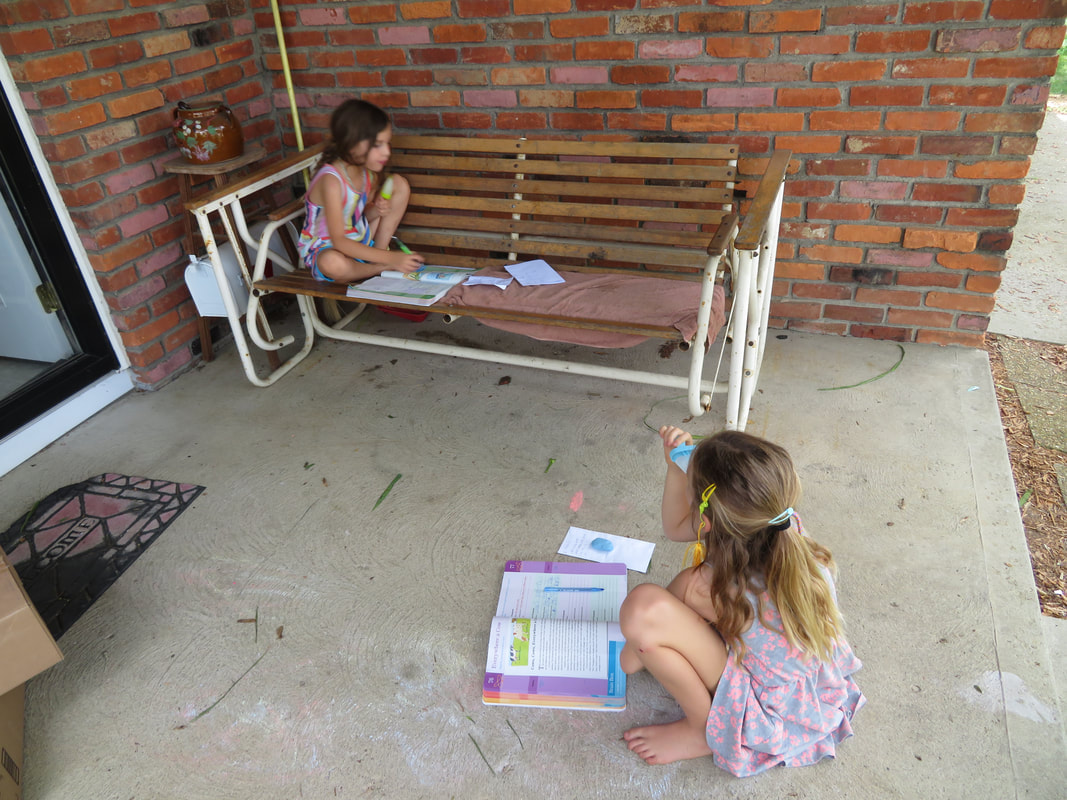


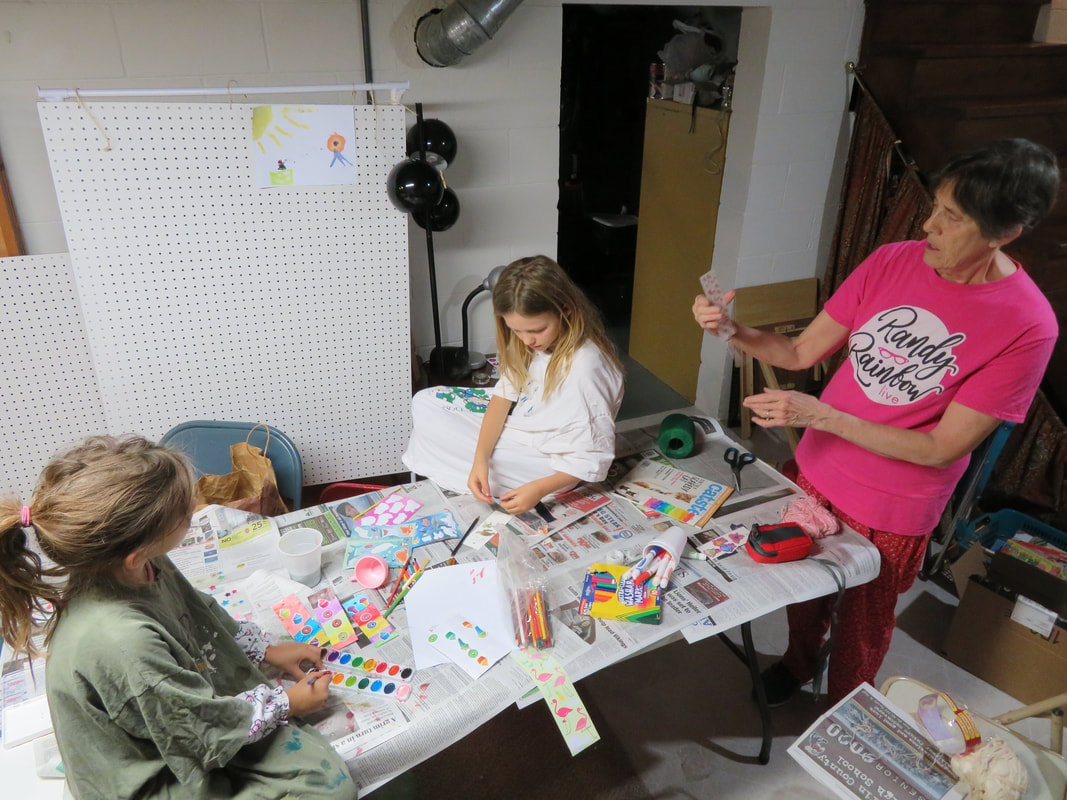
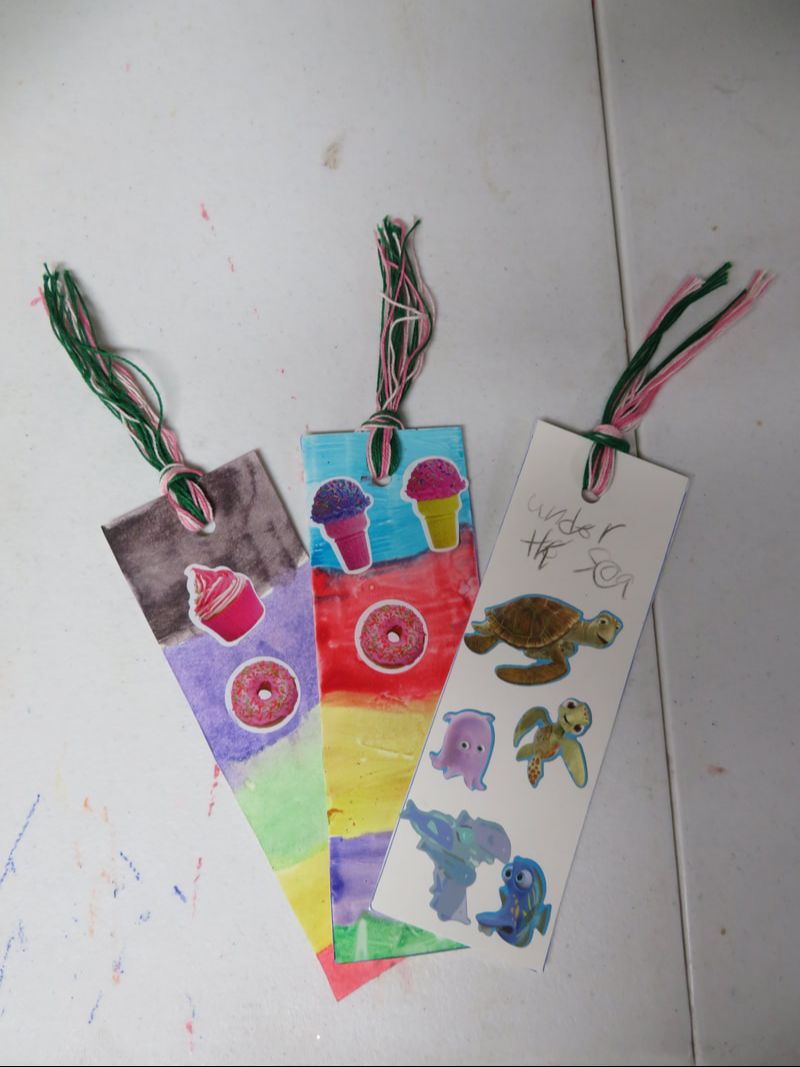
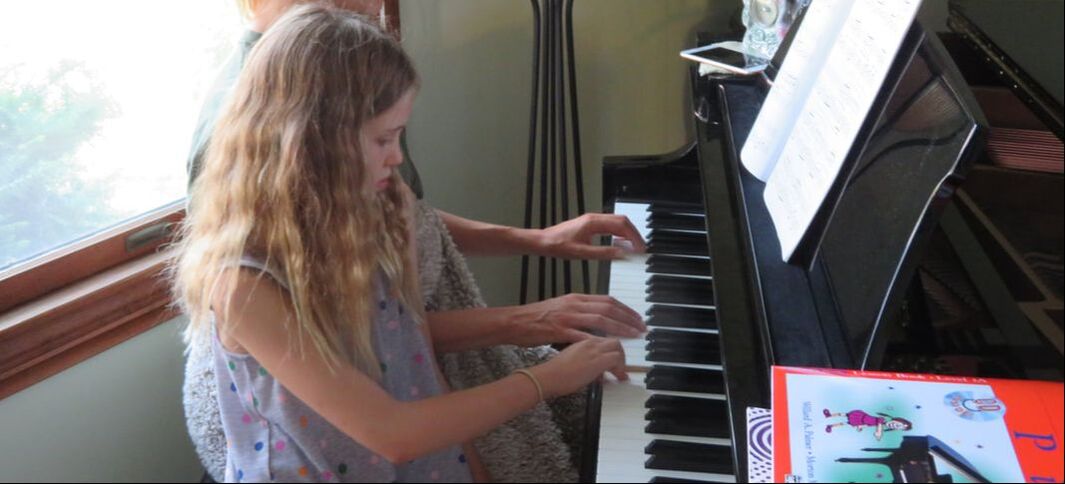
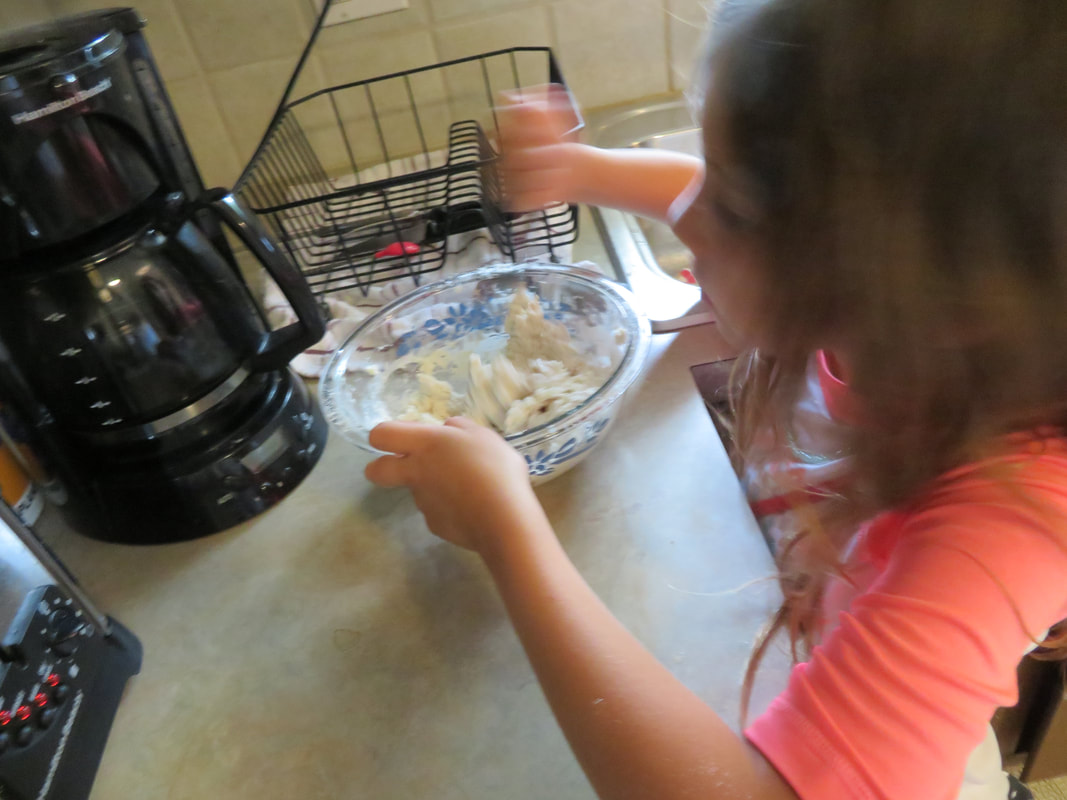

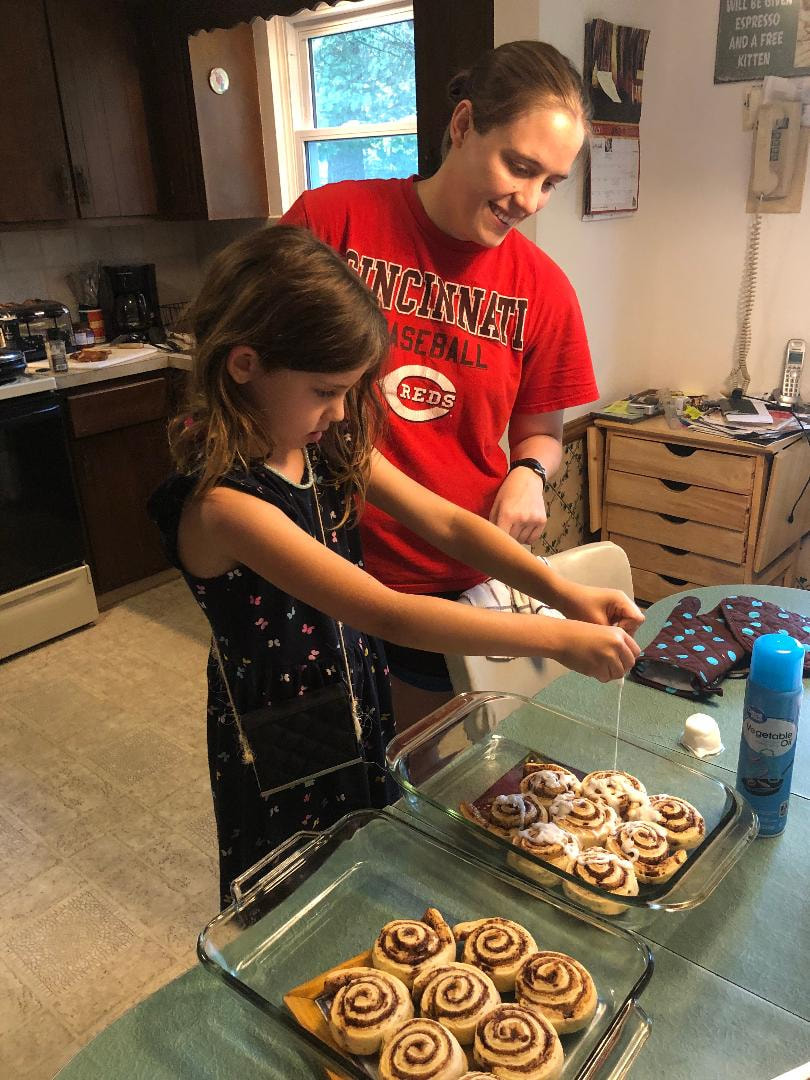
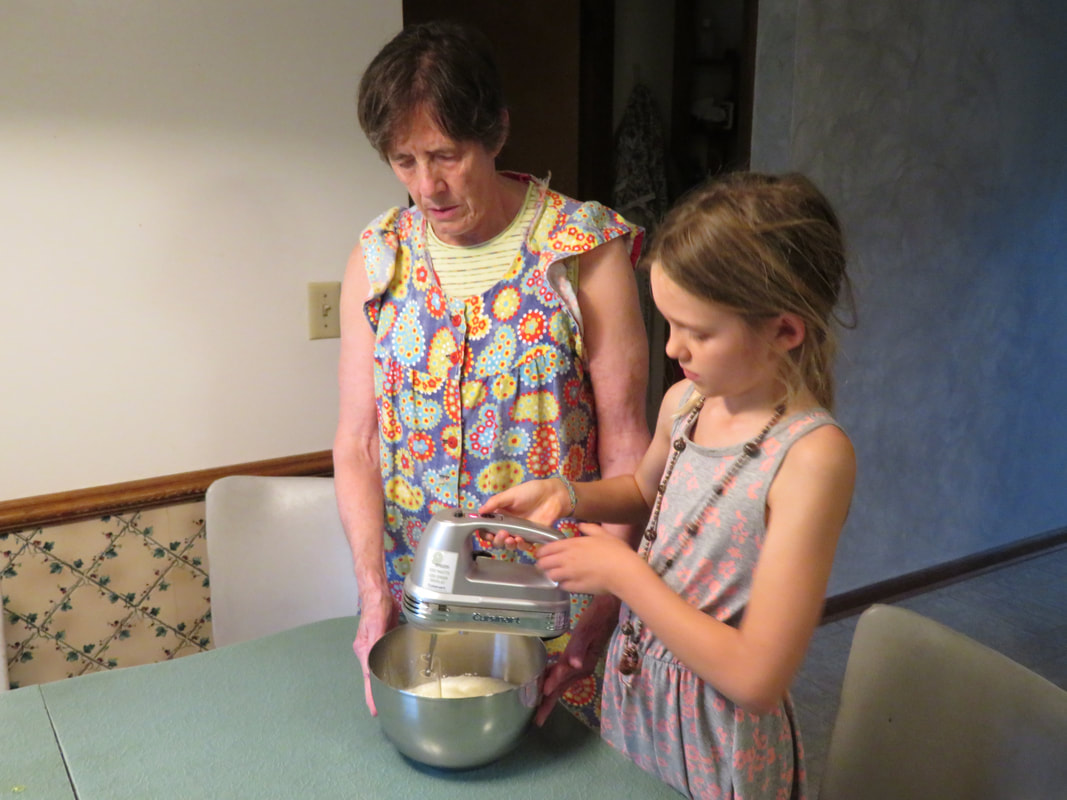


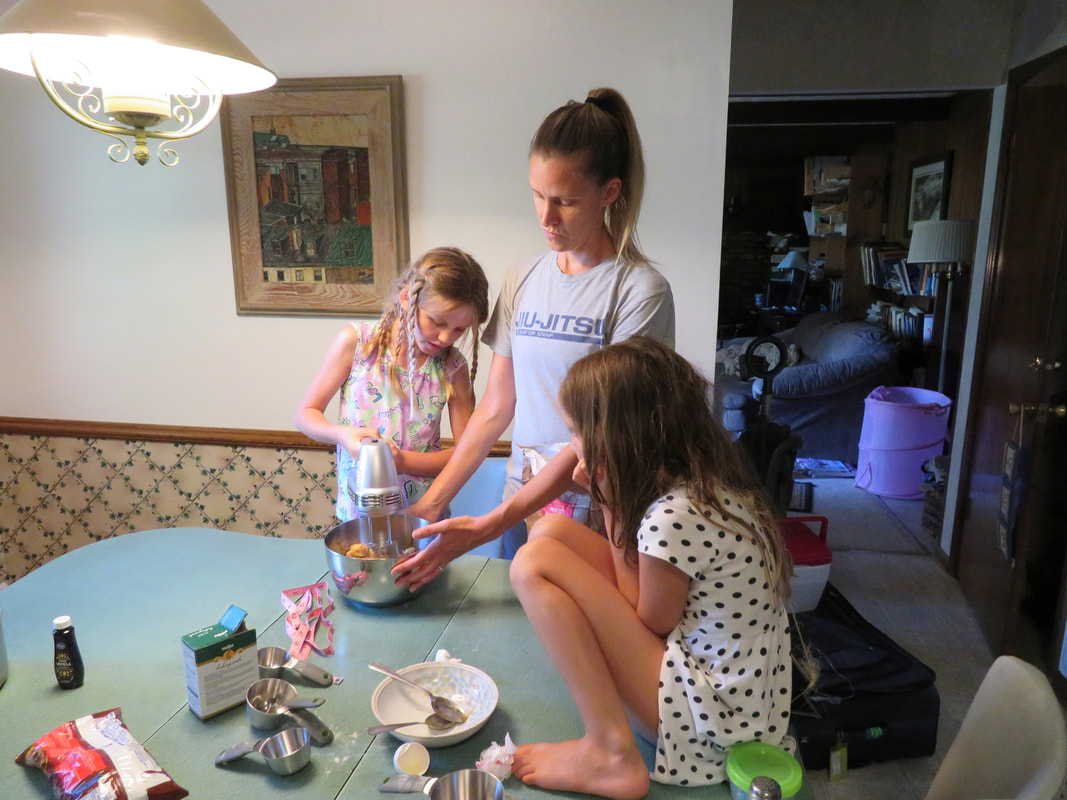


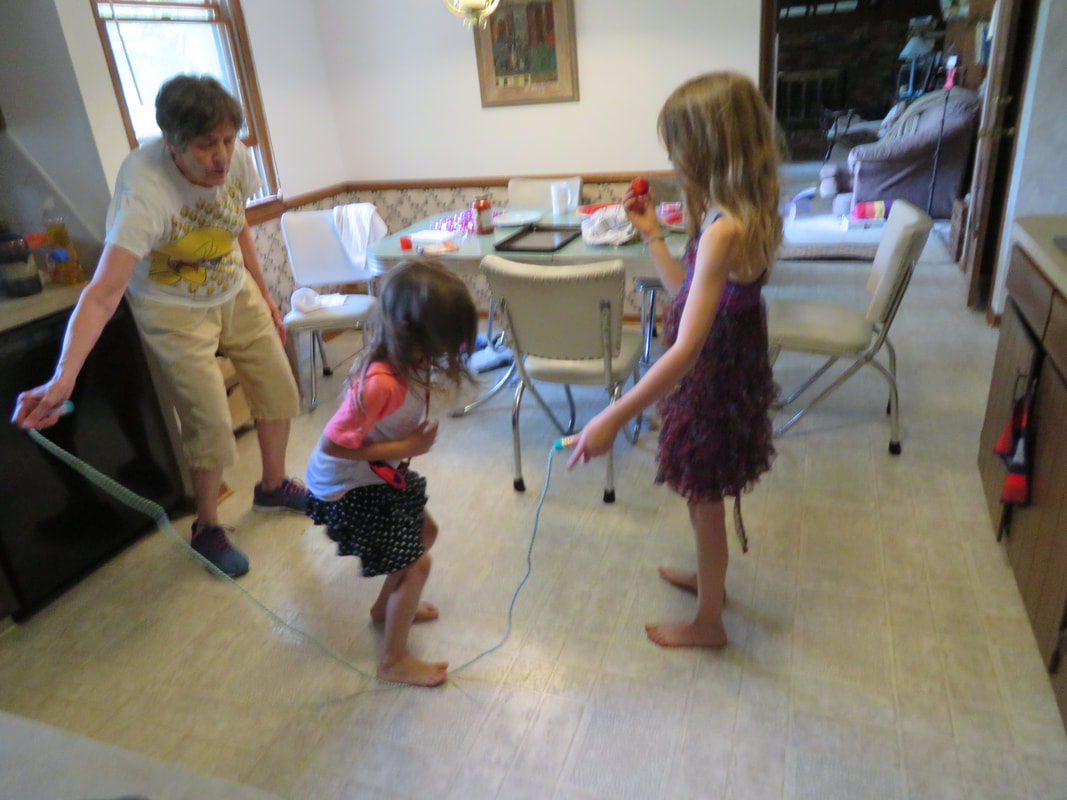

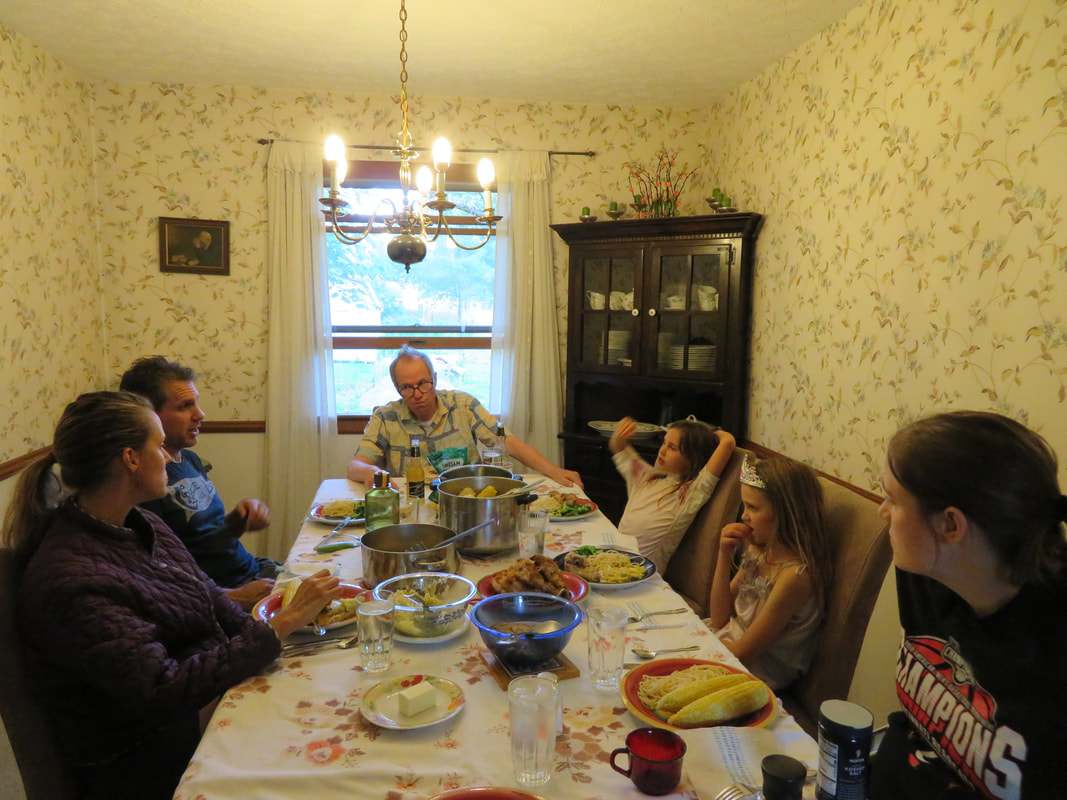








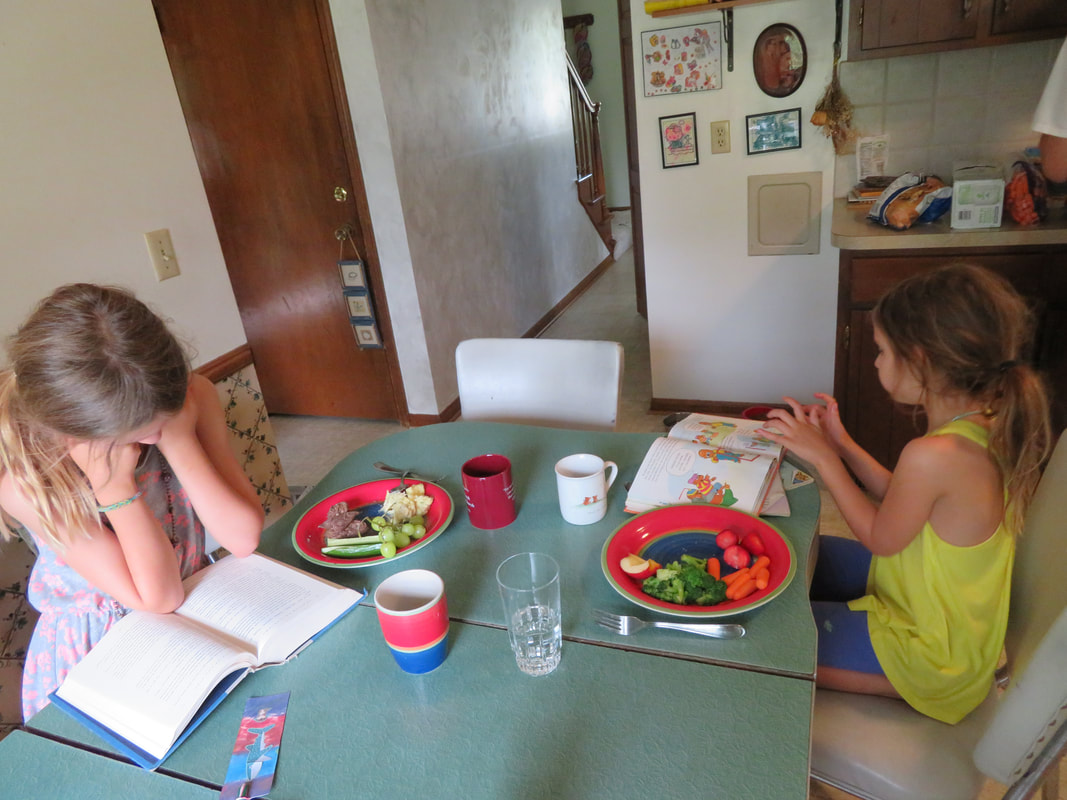

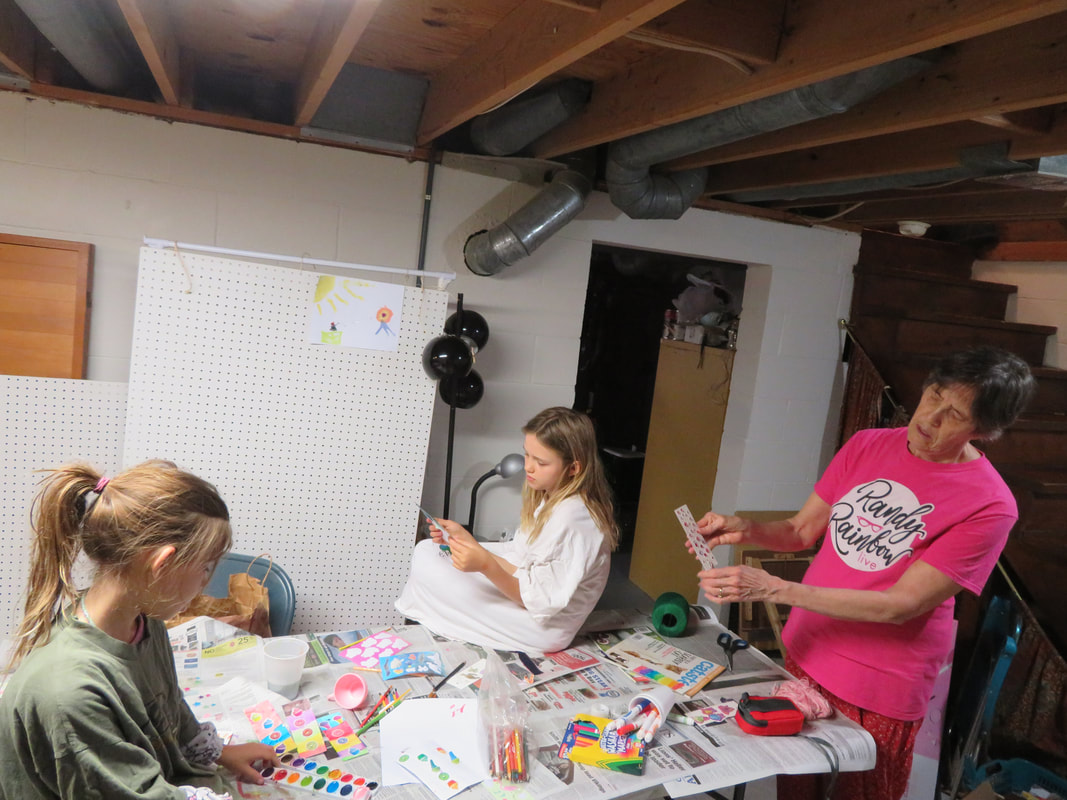
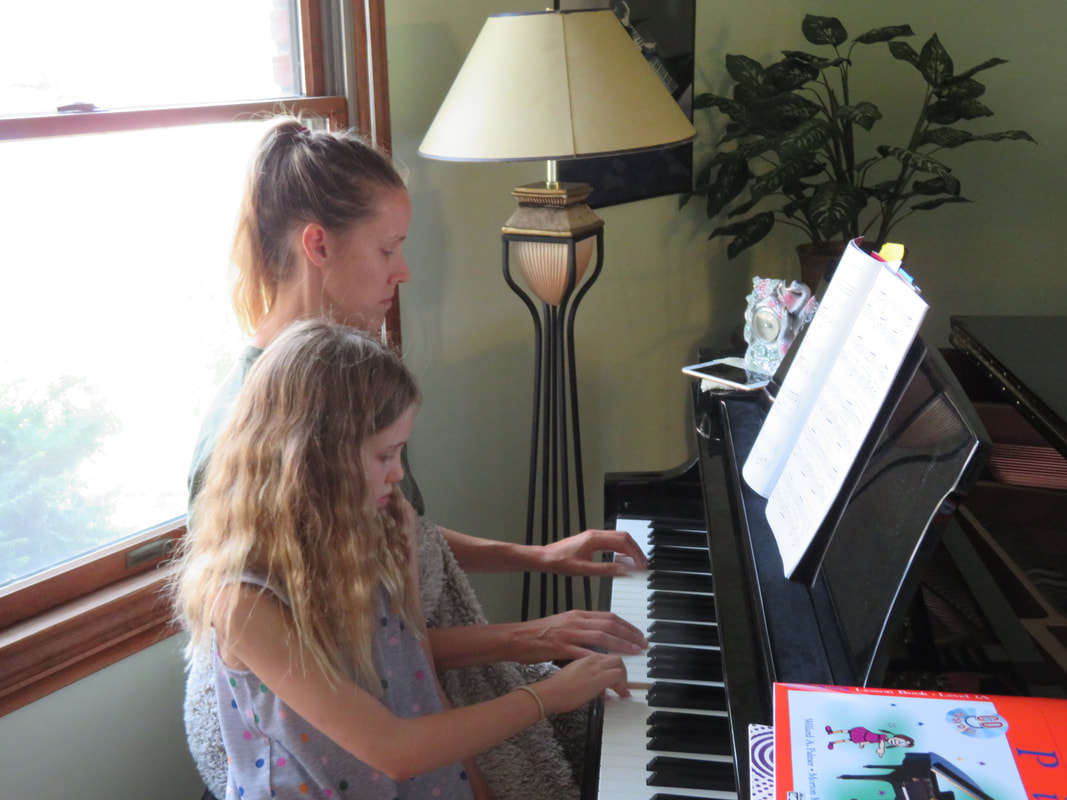

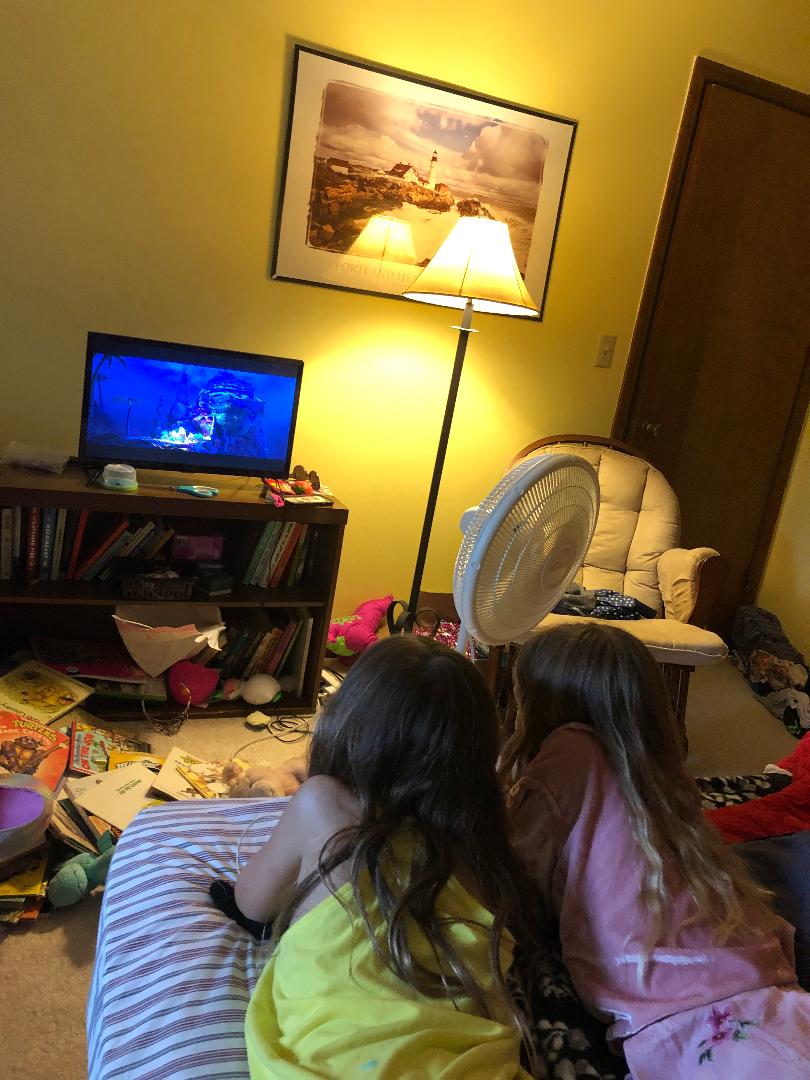
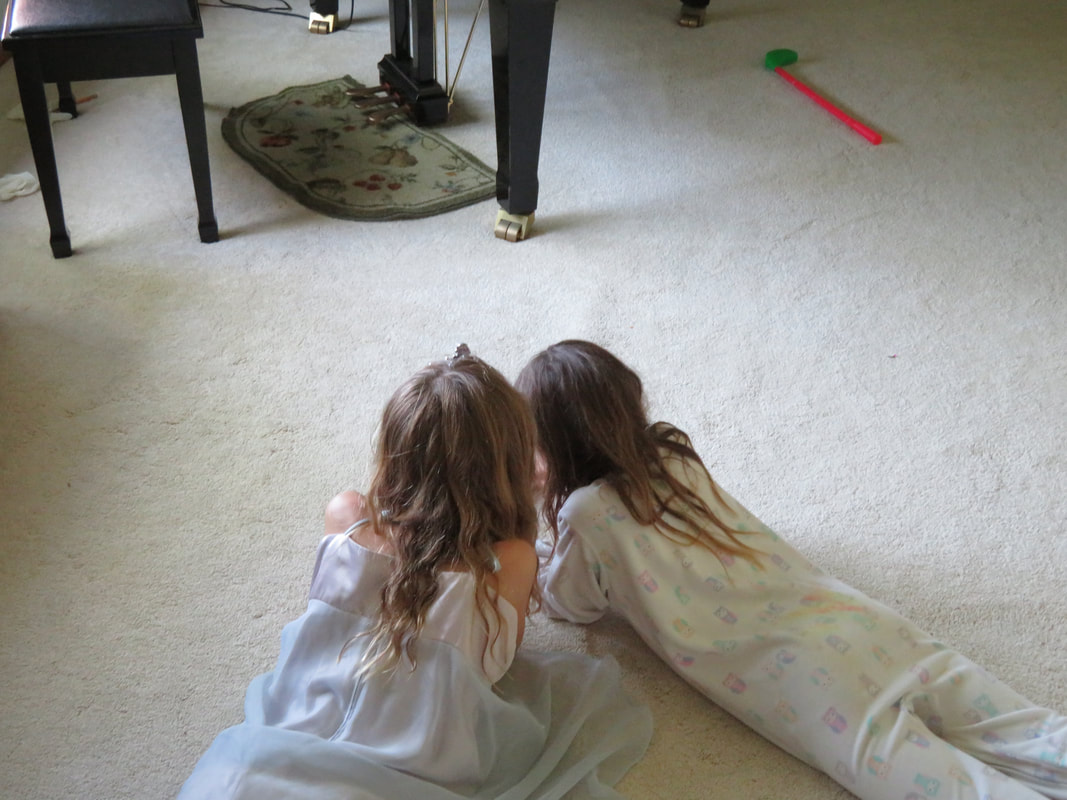
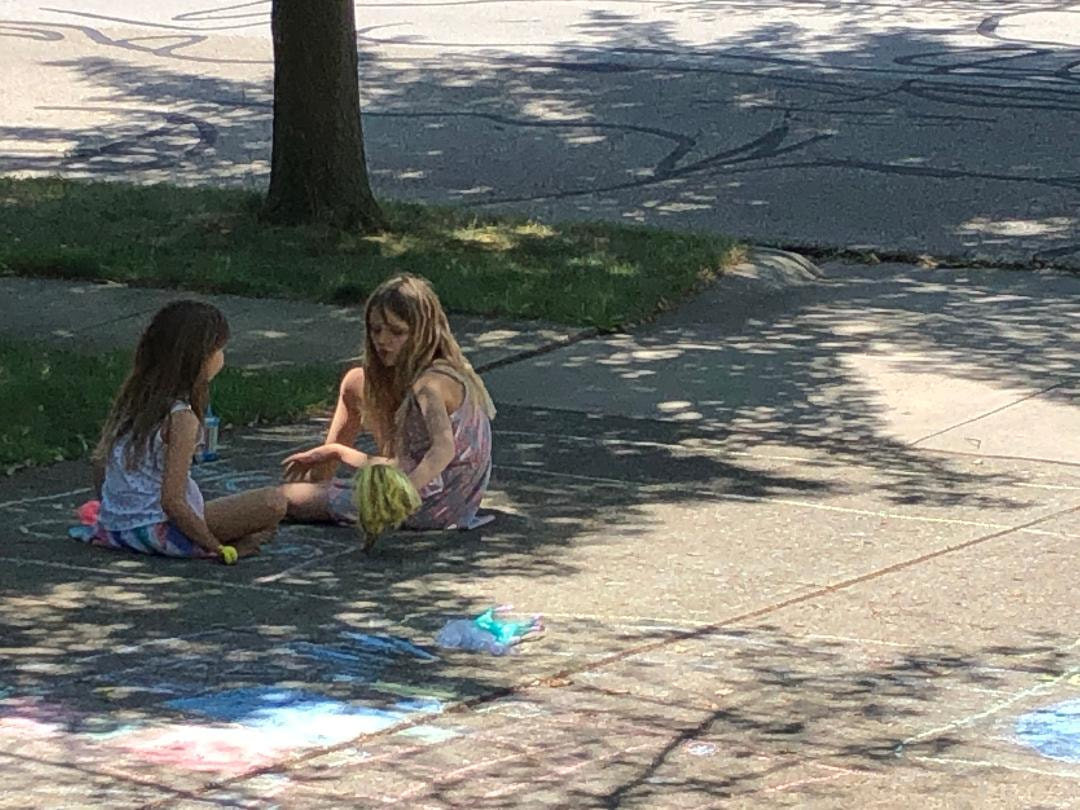



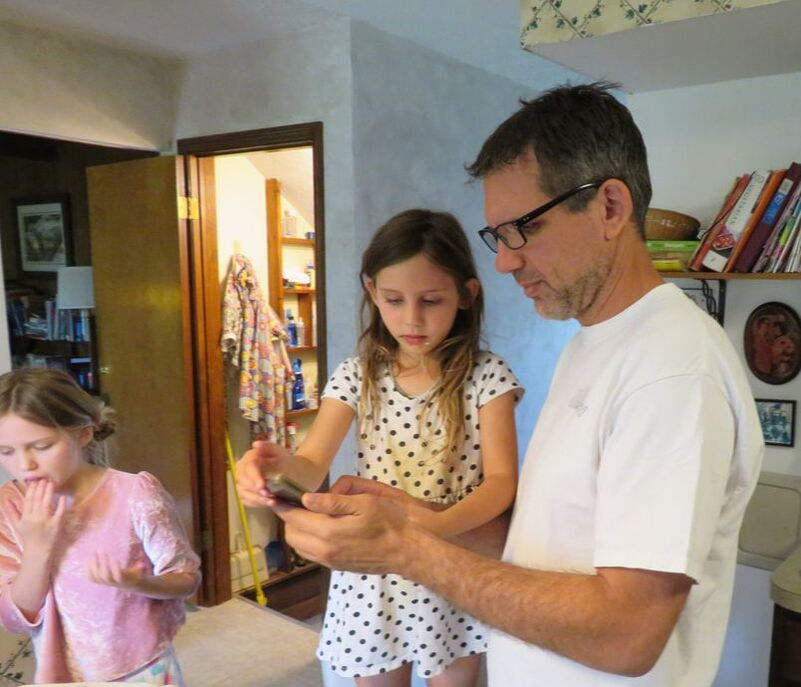

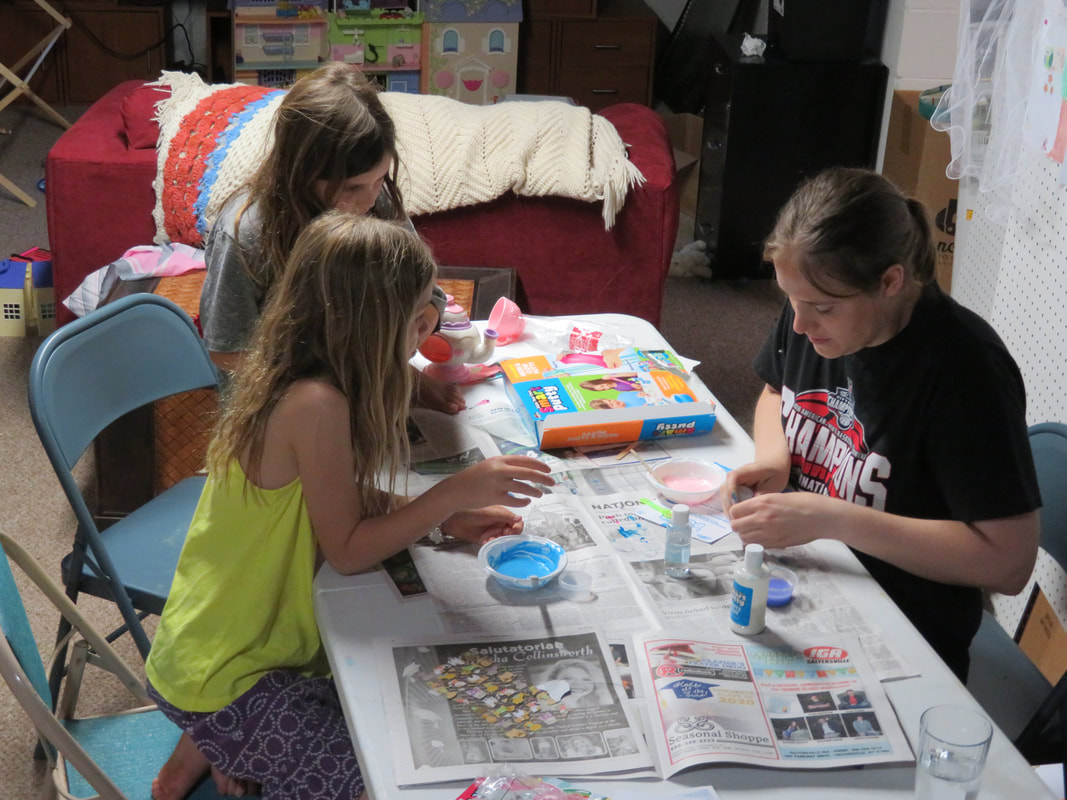


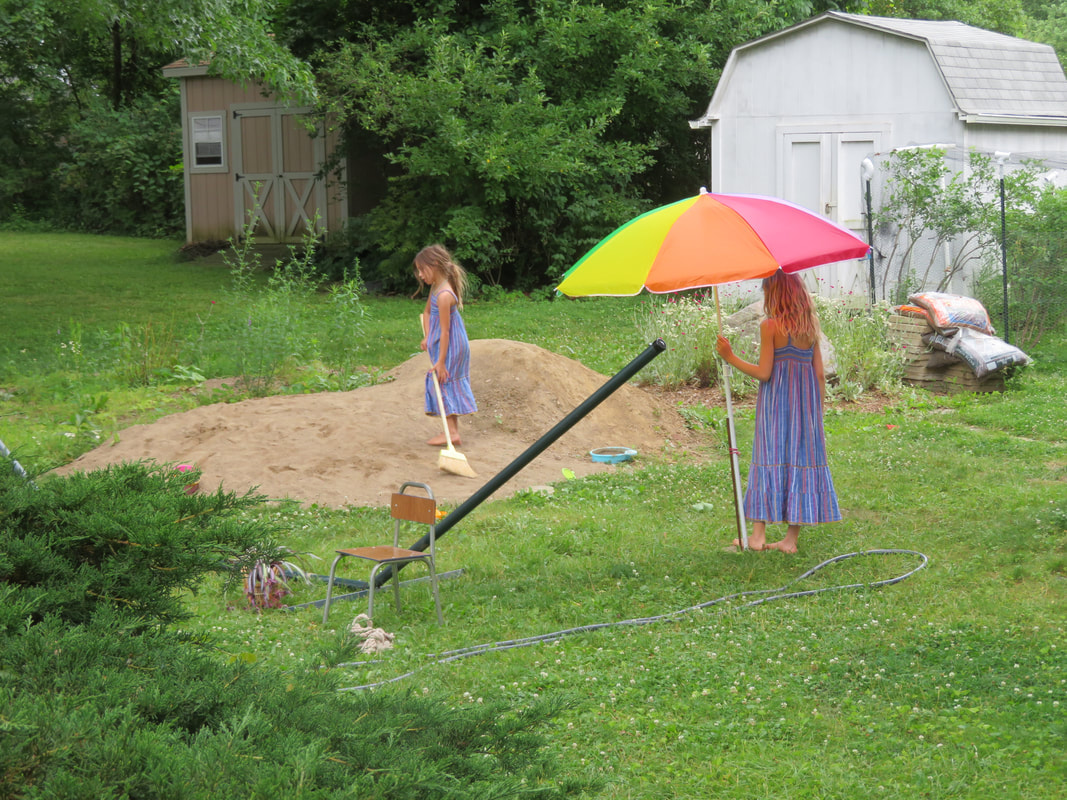
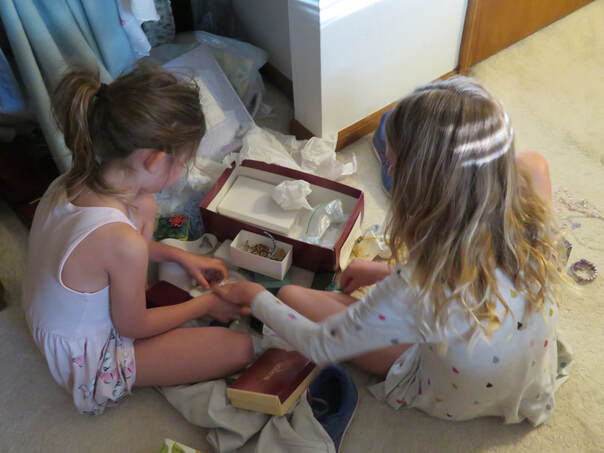
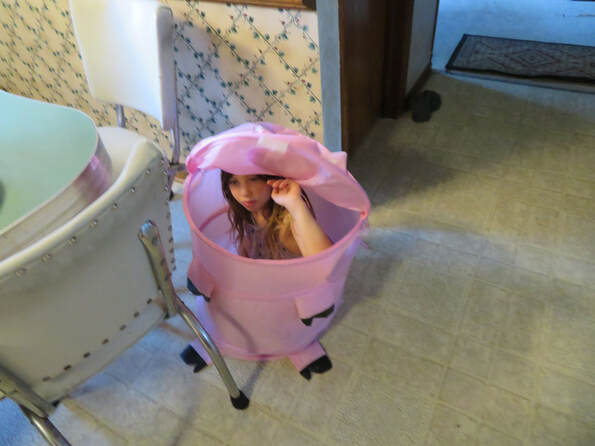
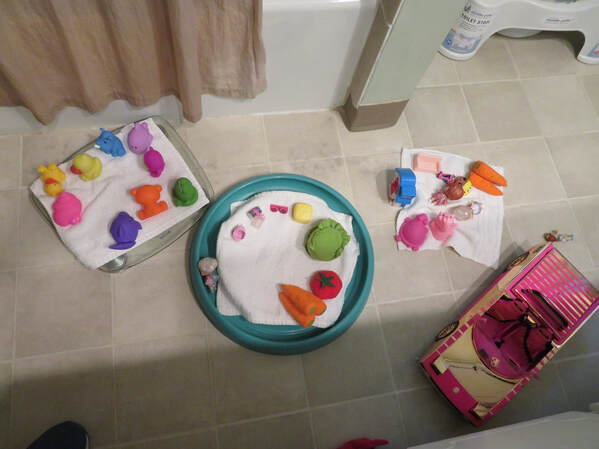




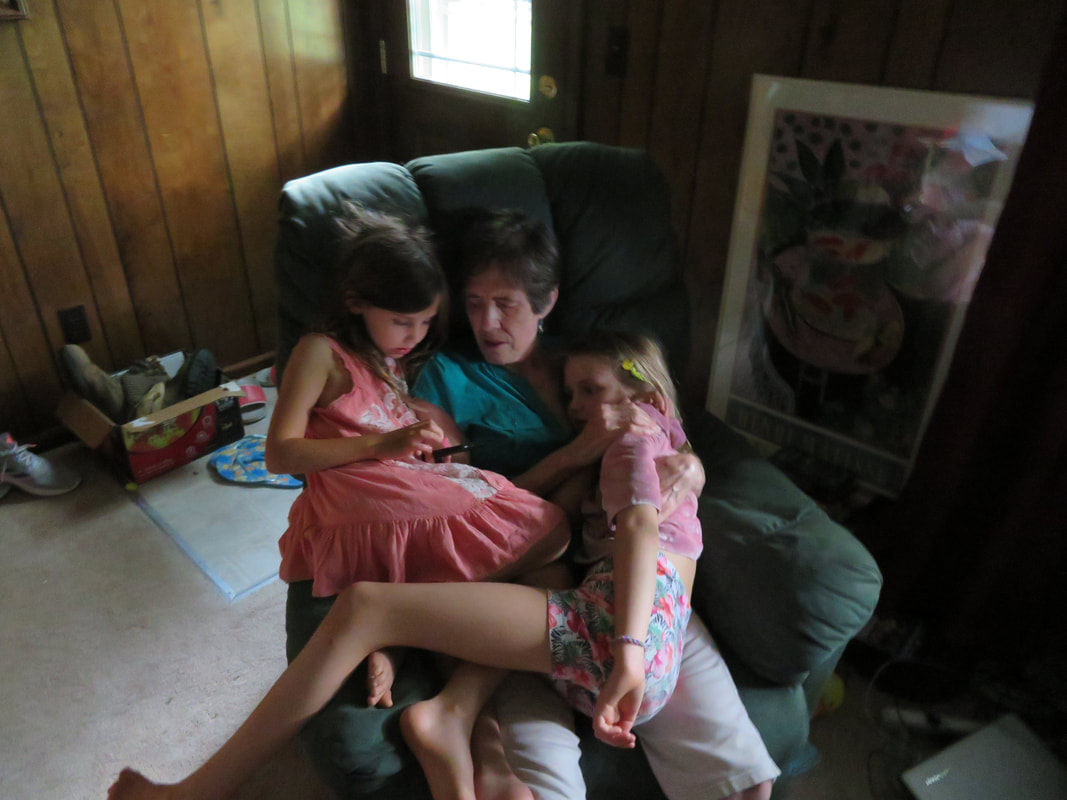


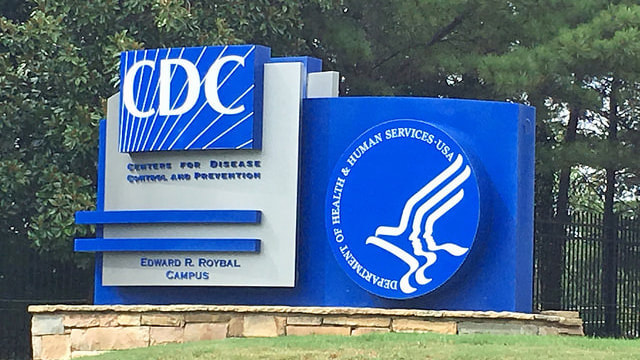
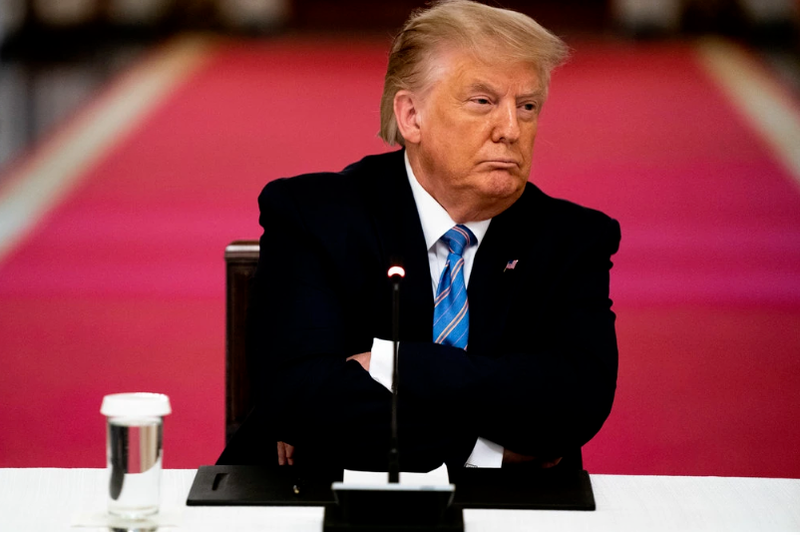
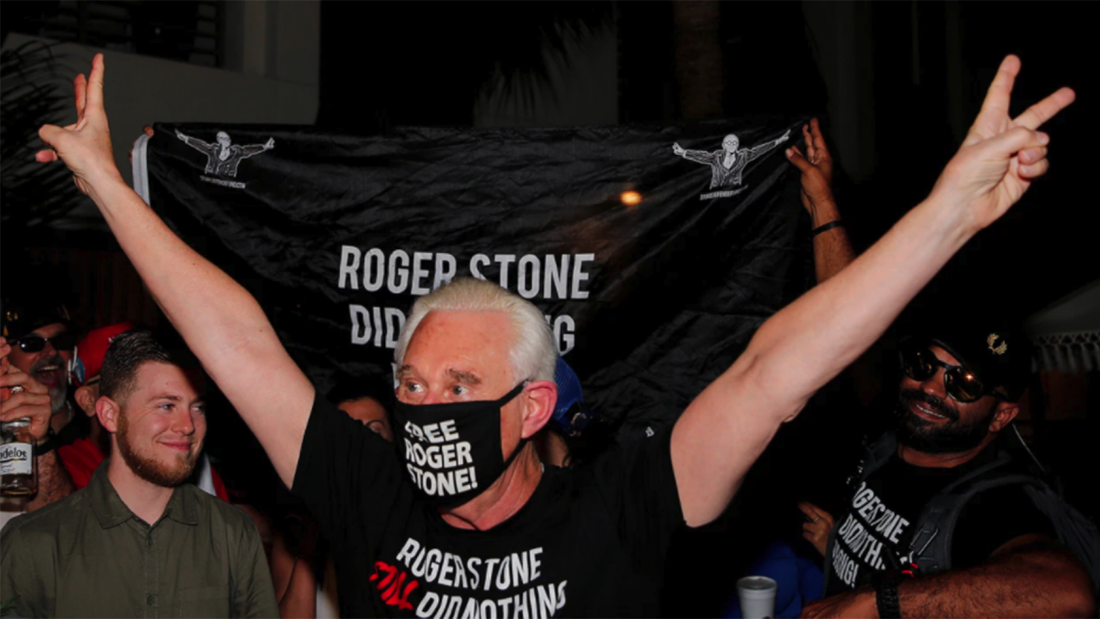
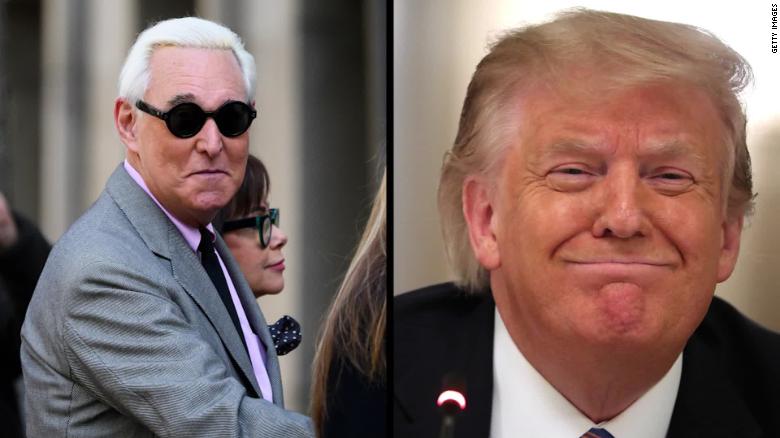




















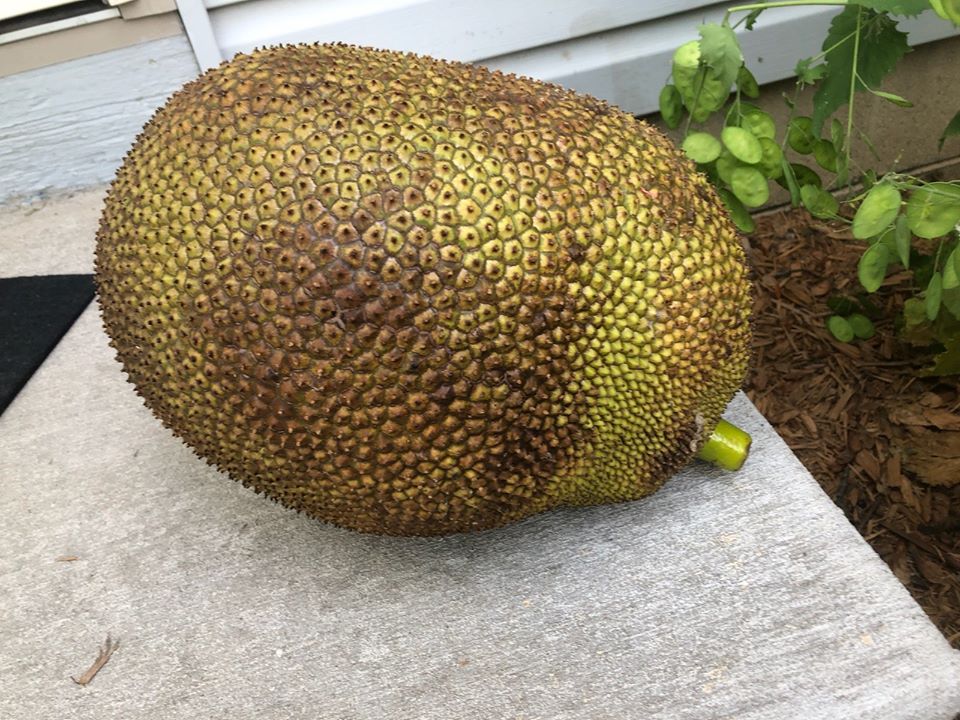



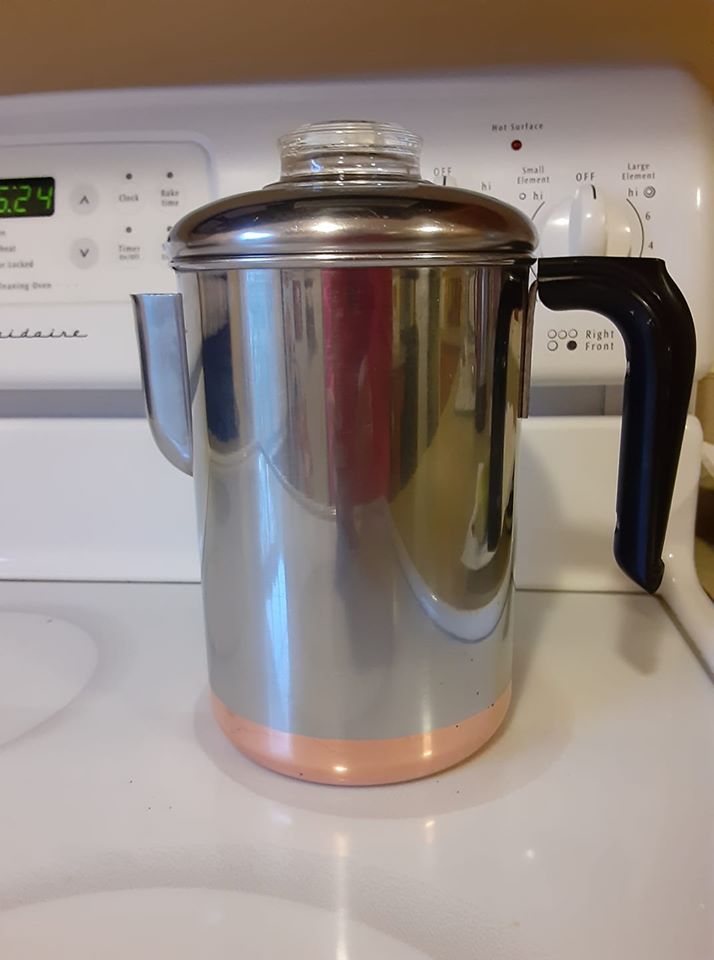
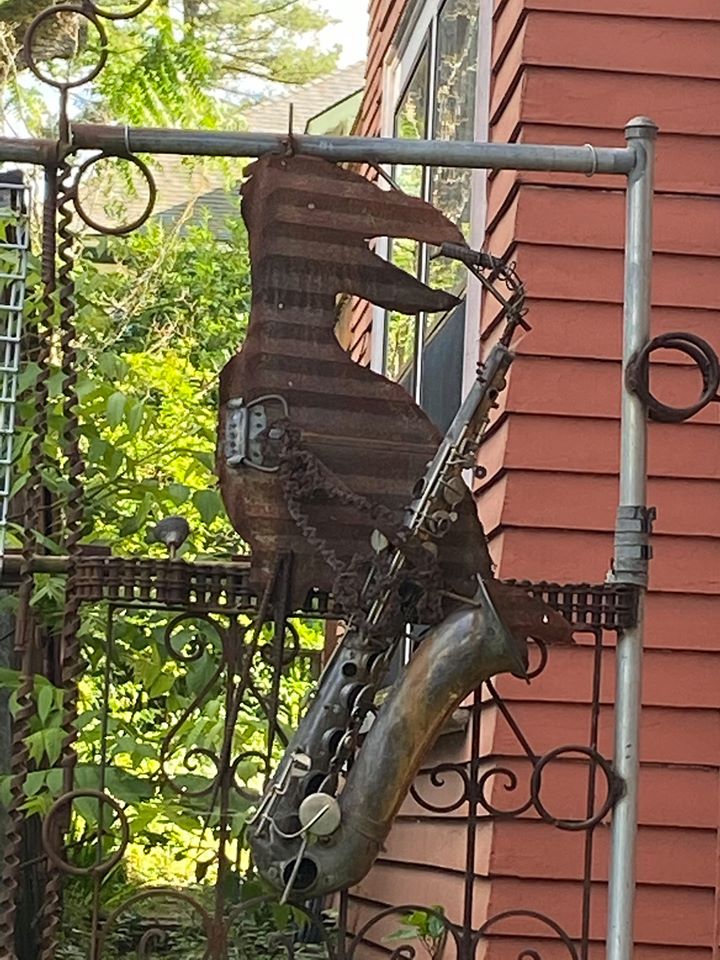
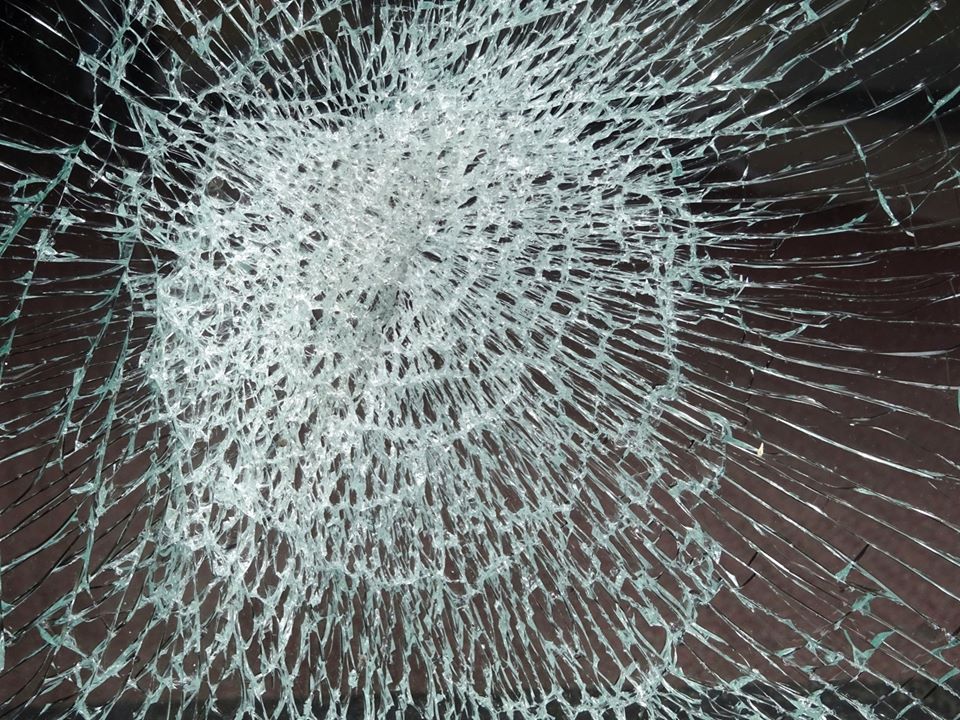


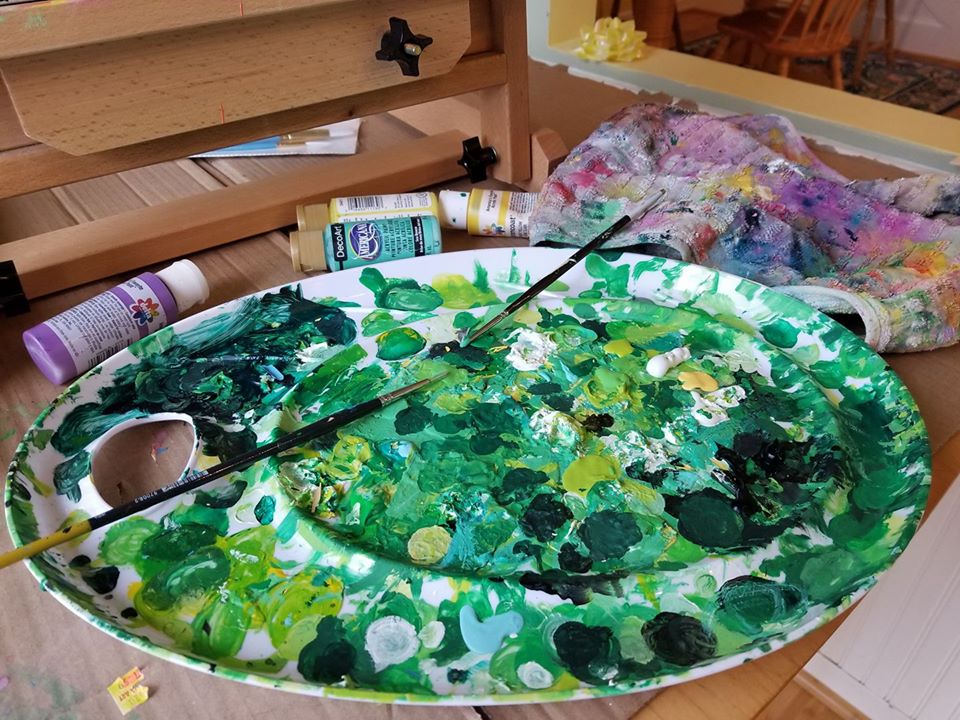





 RSS Feed
RSS Feed